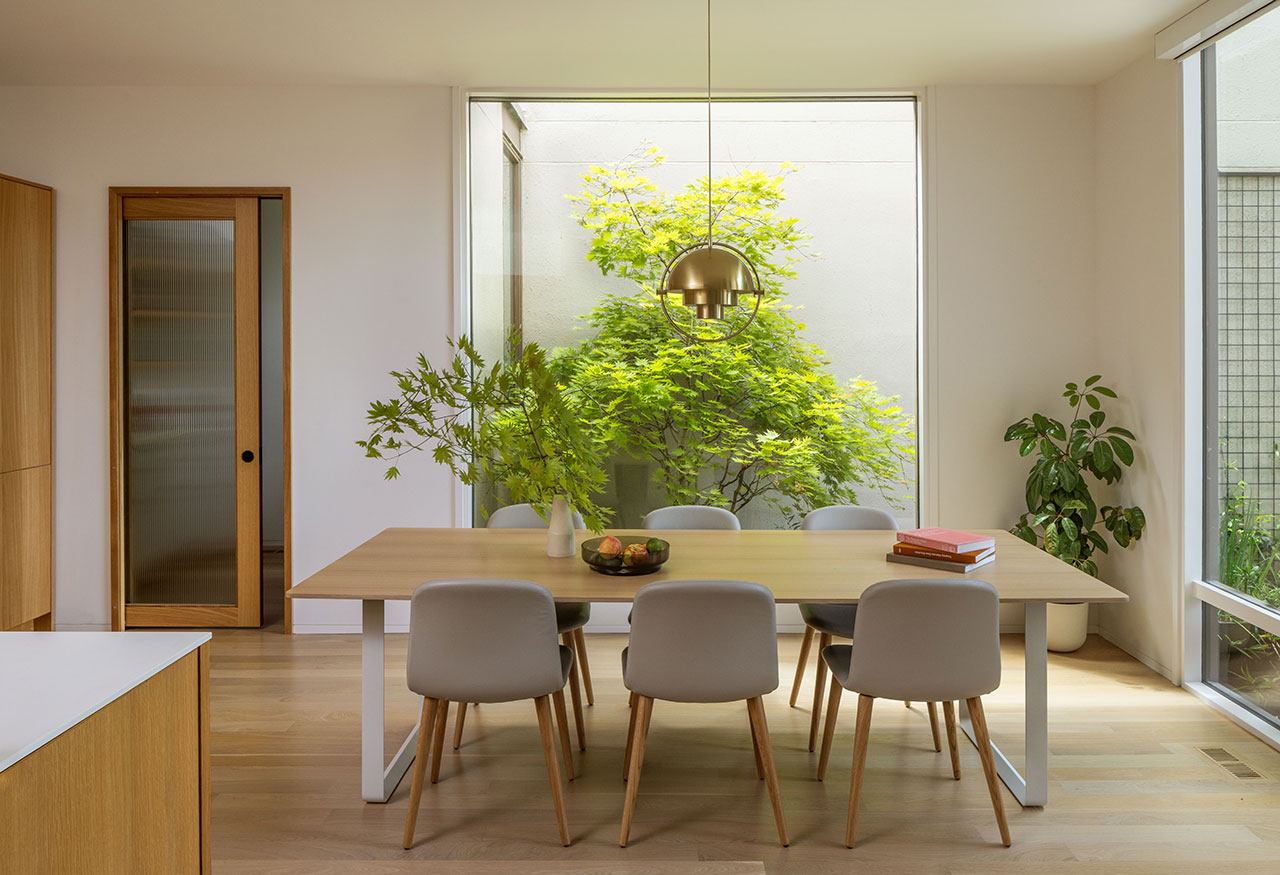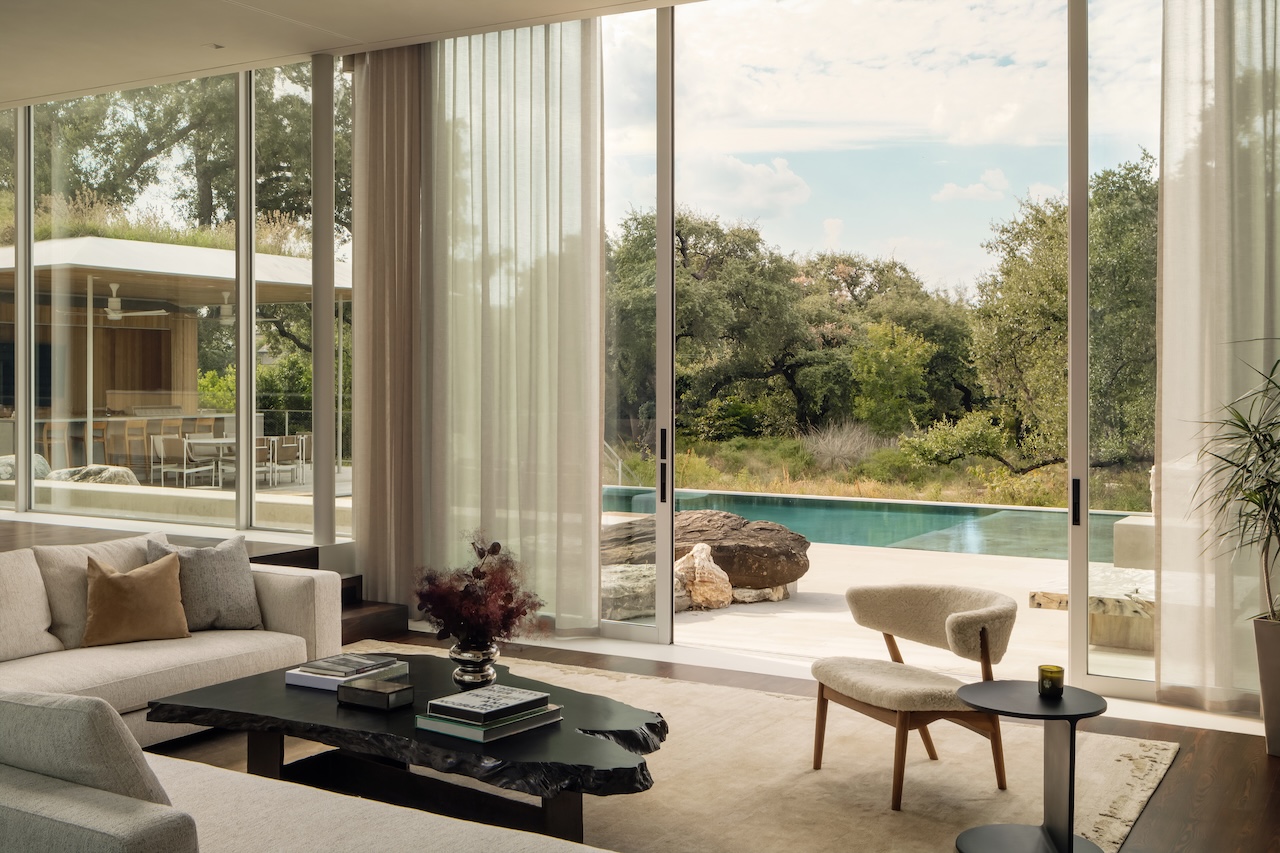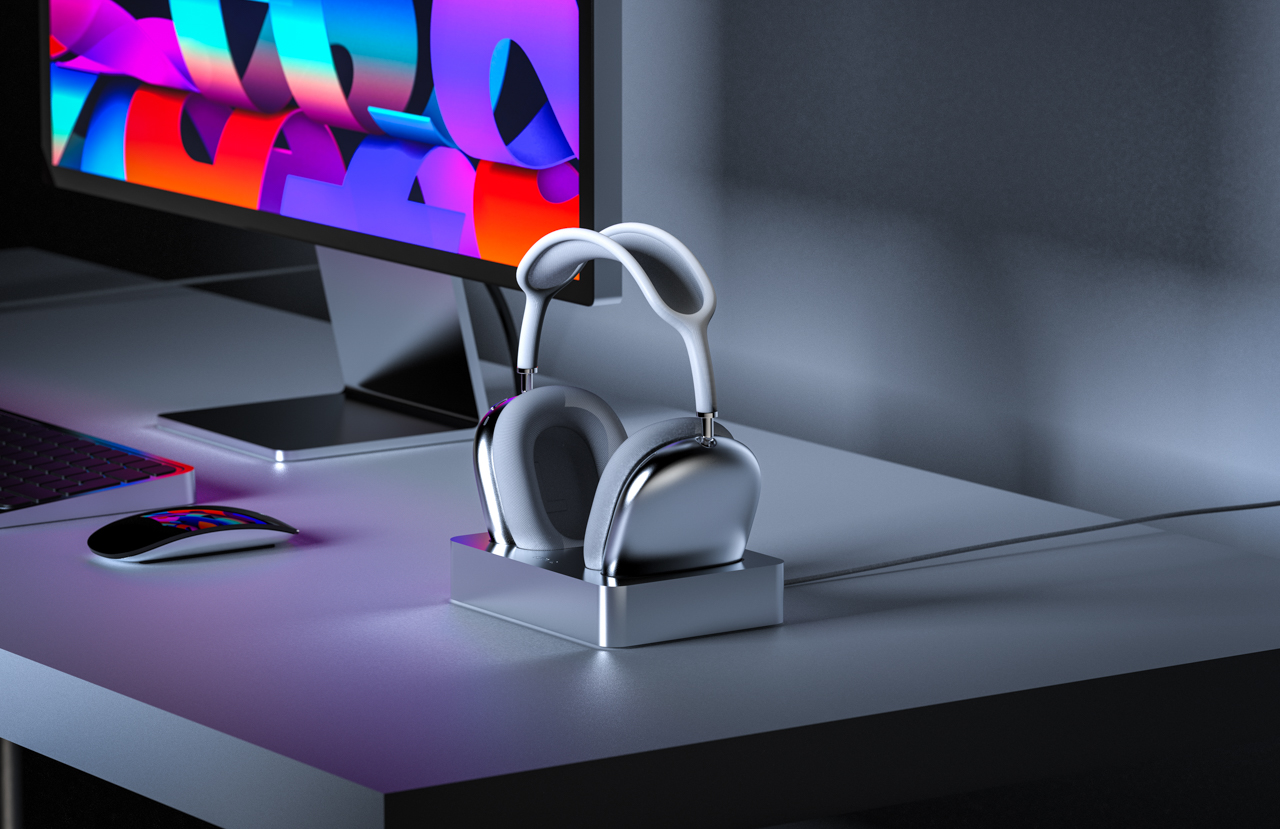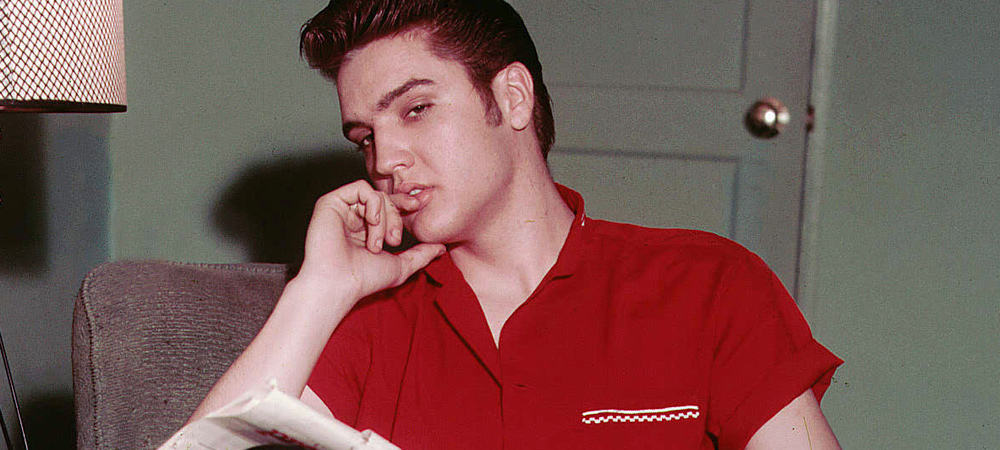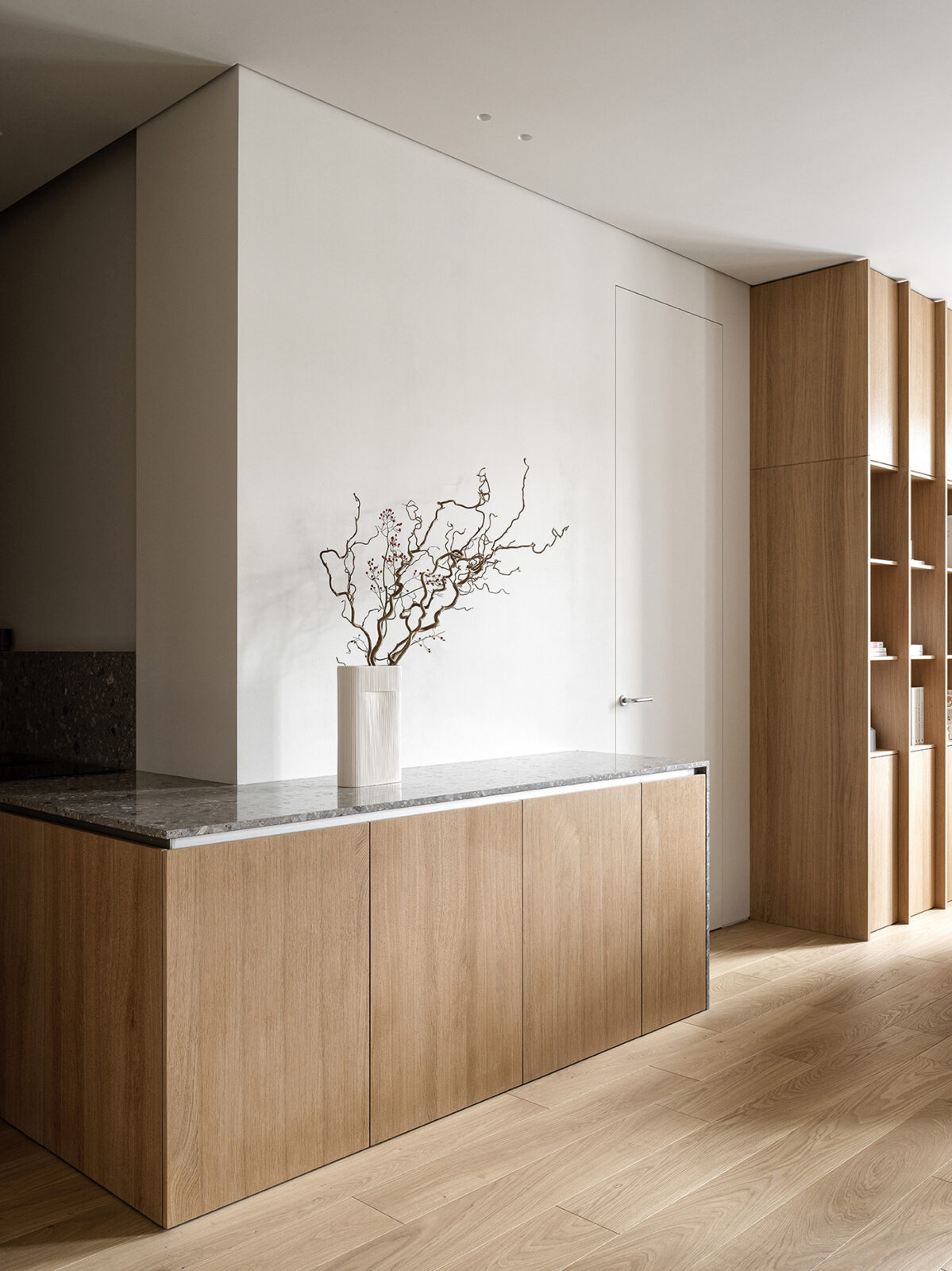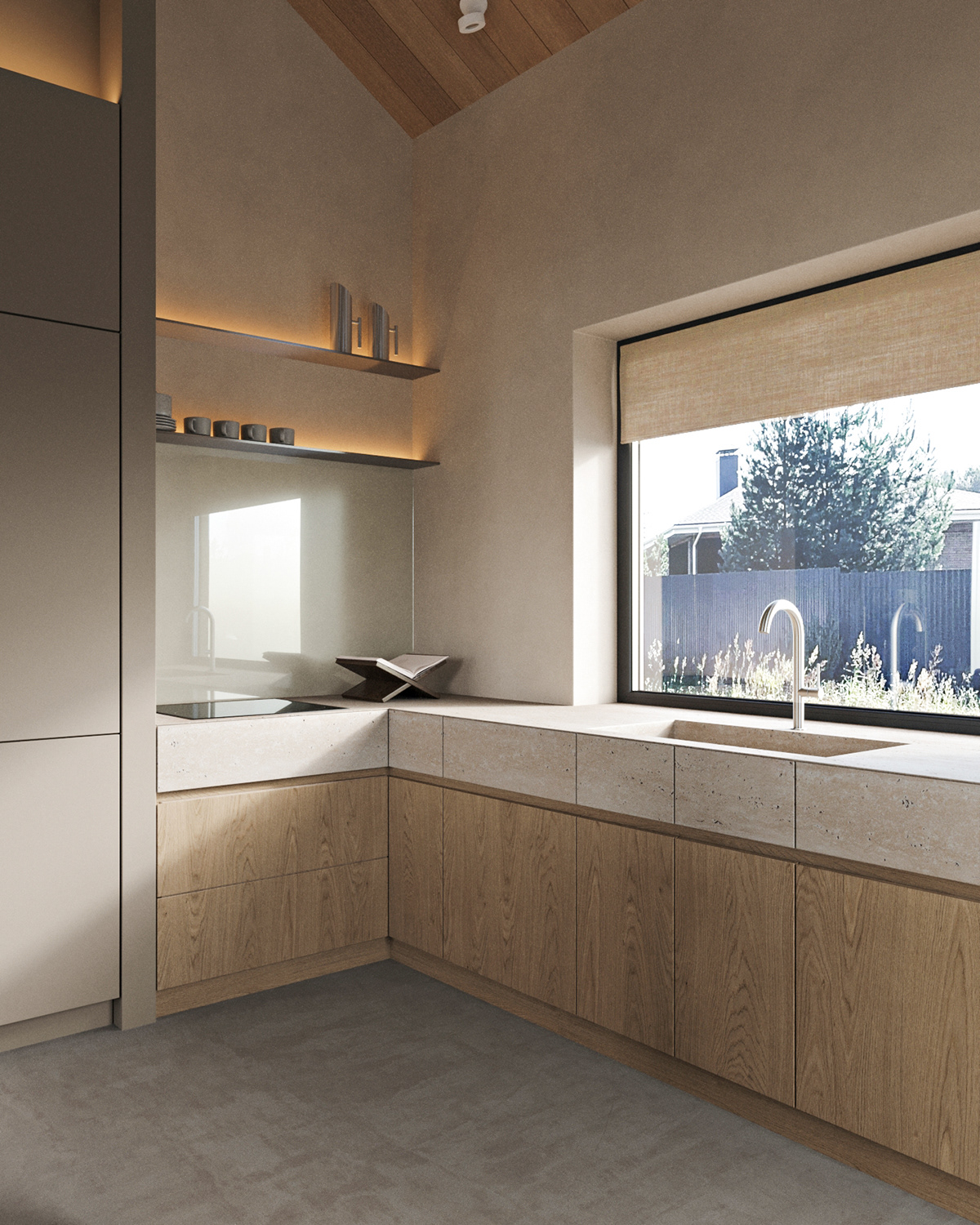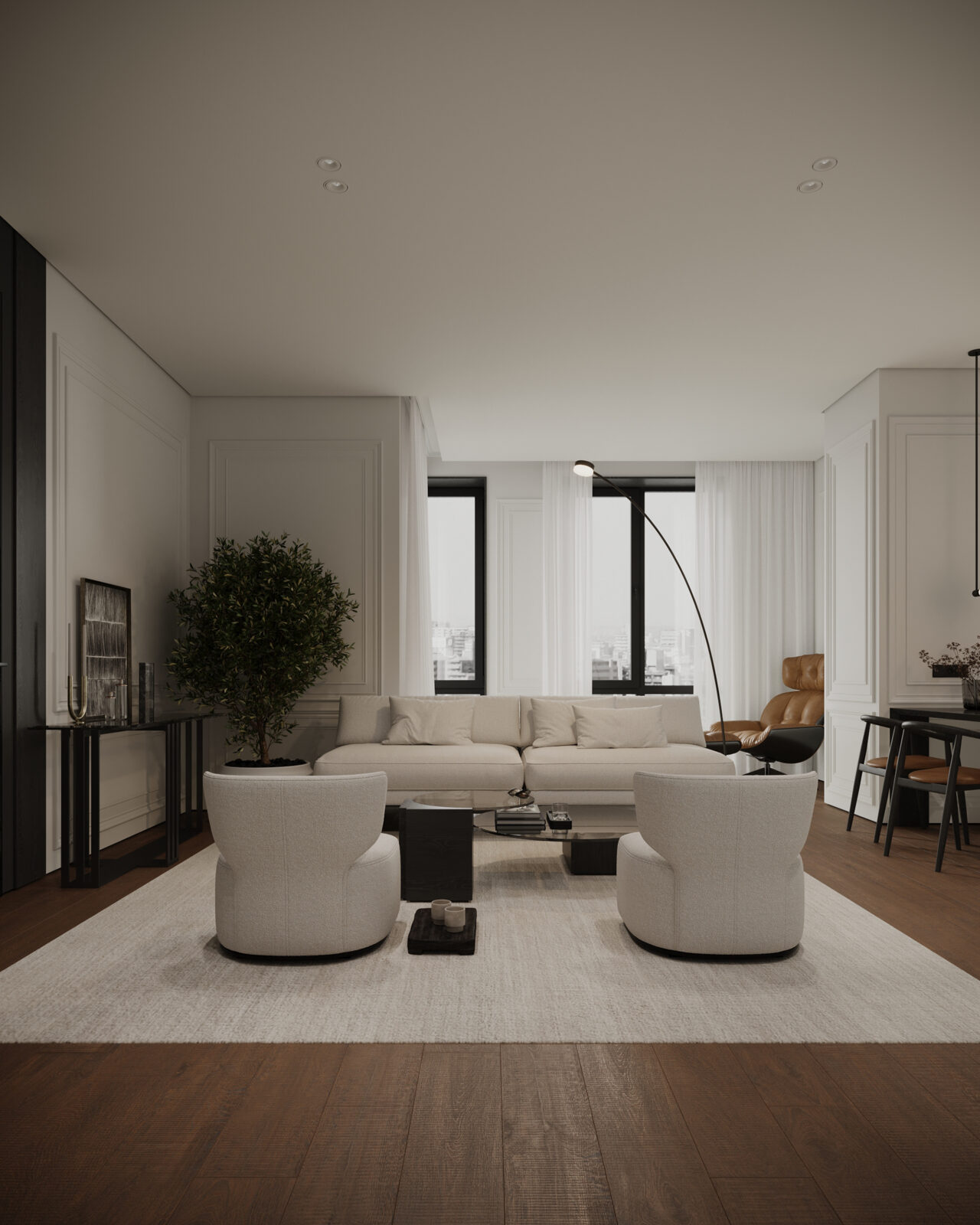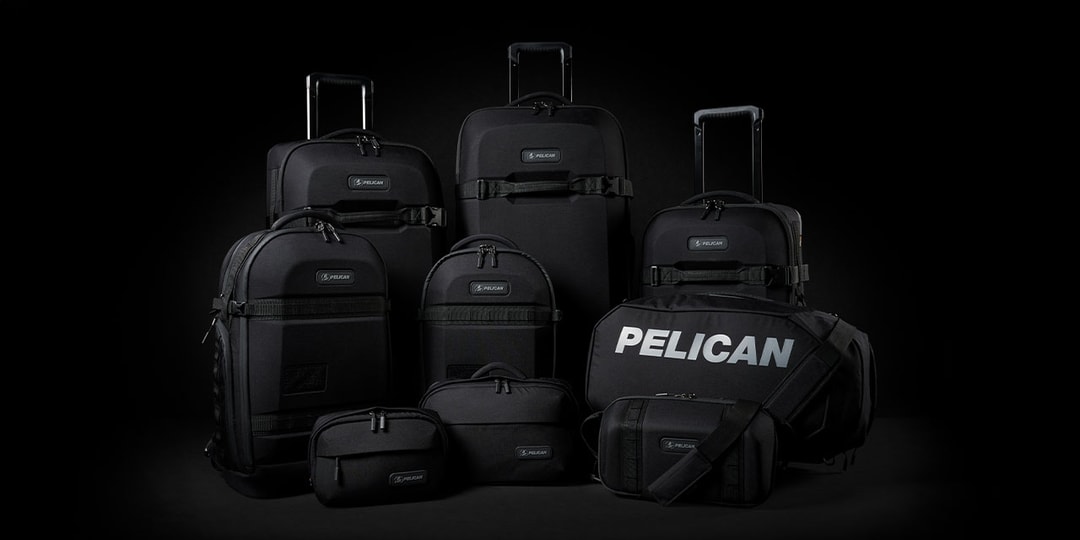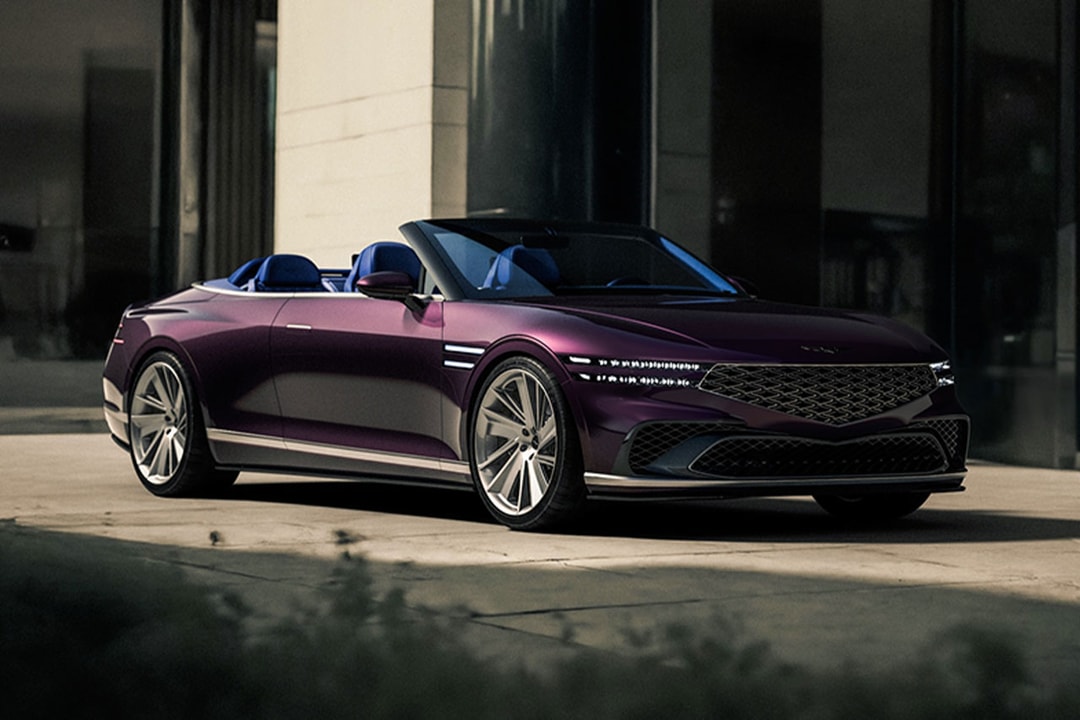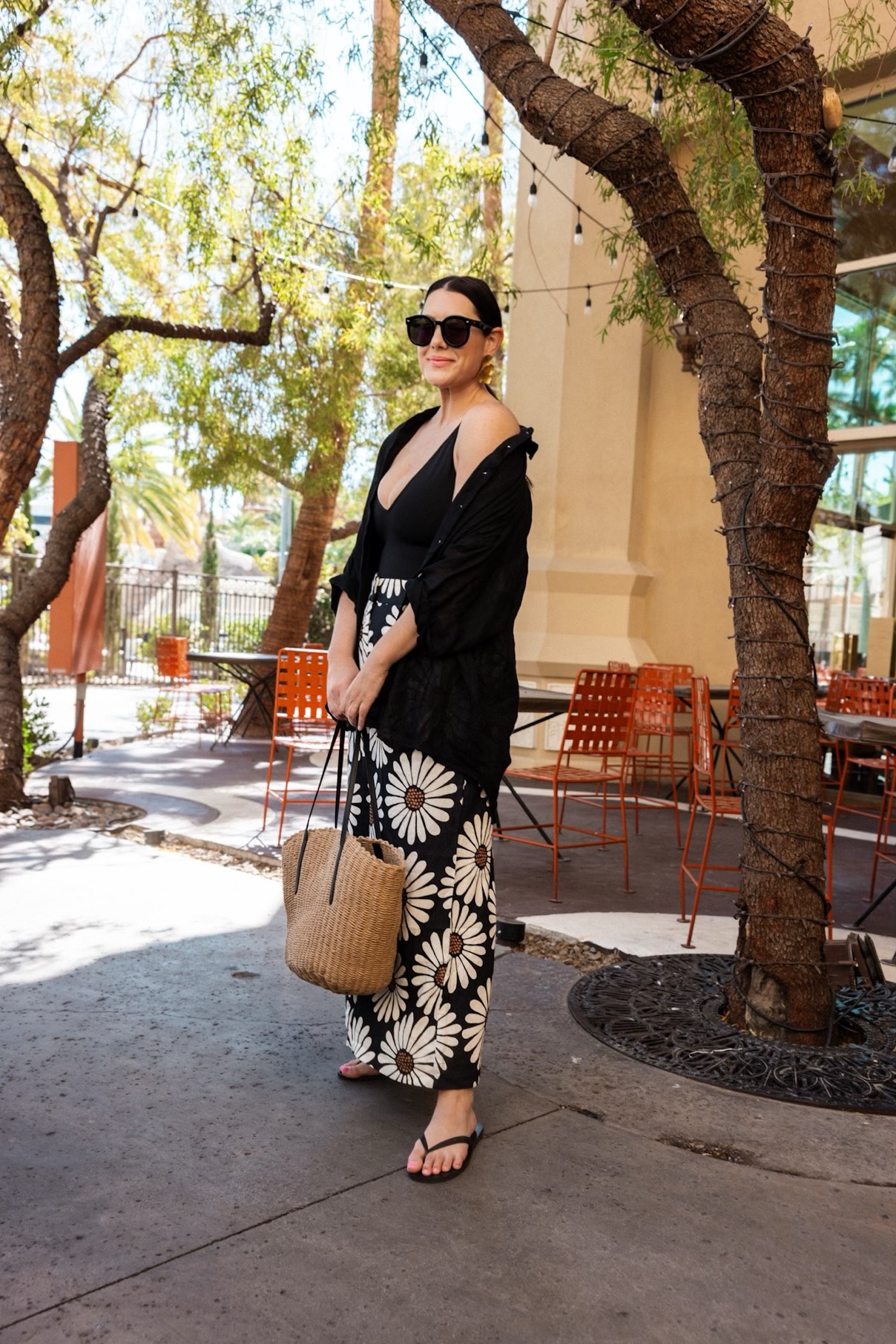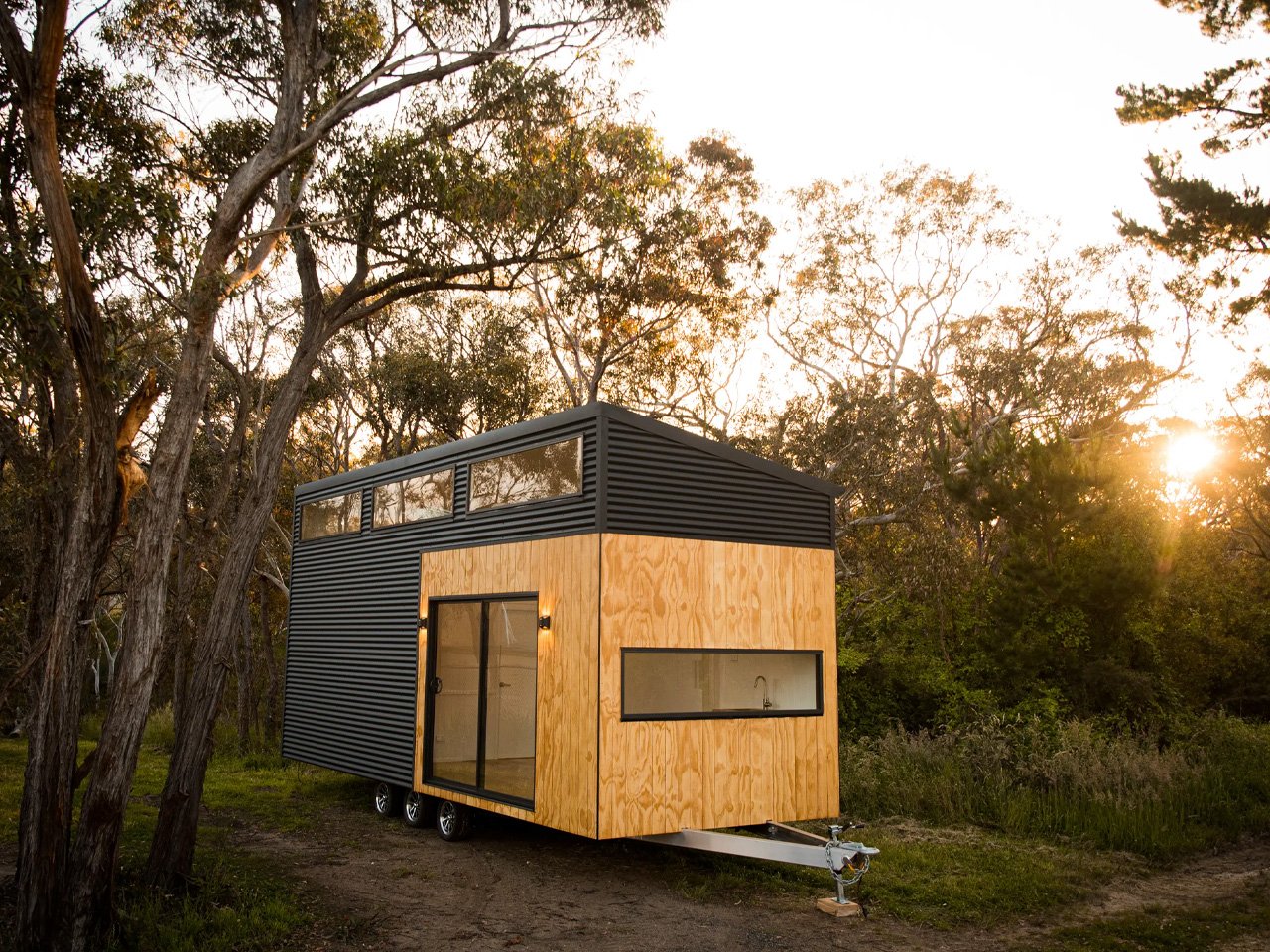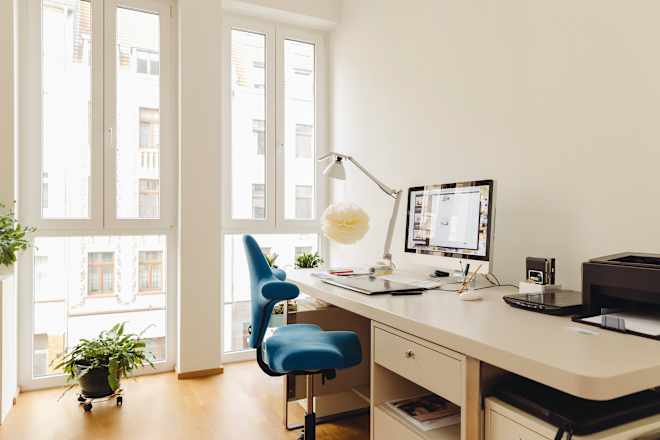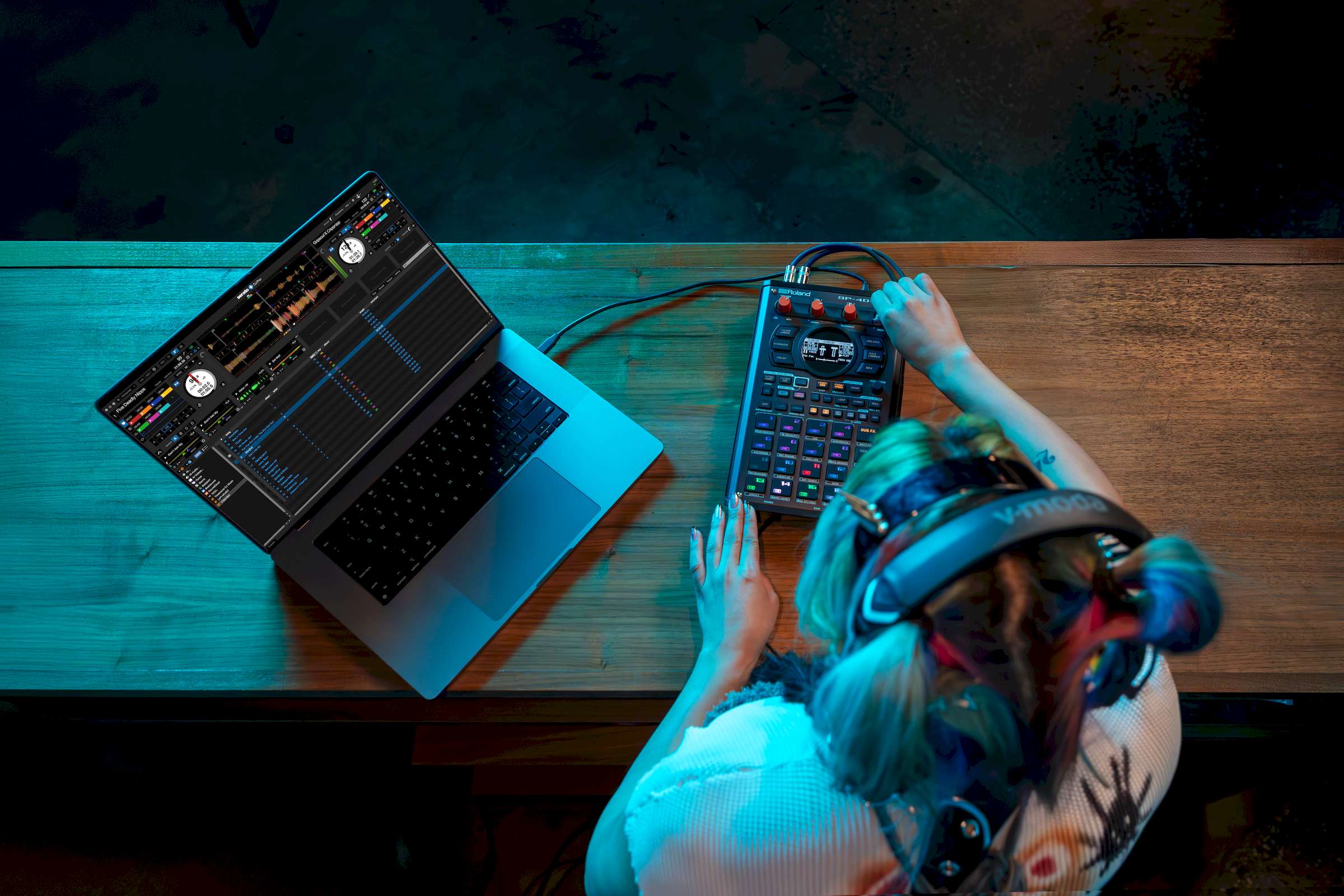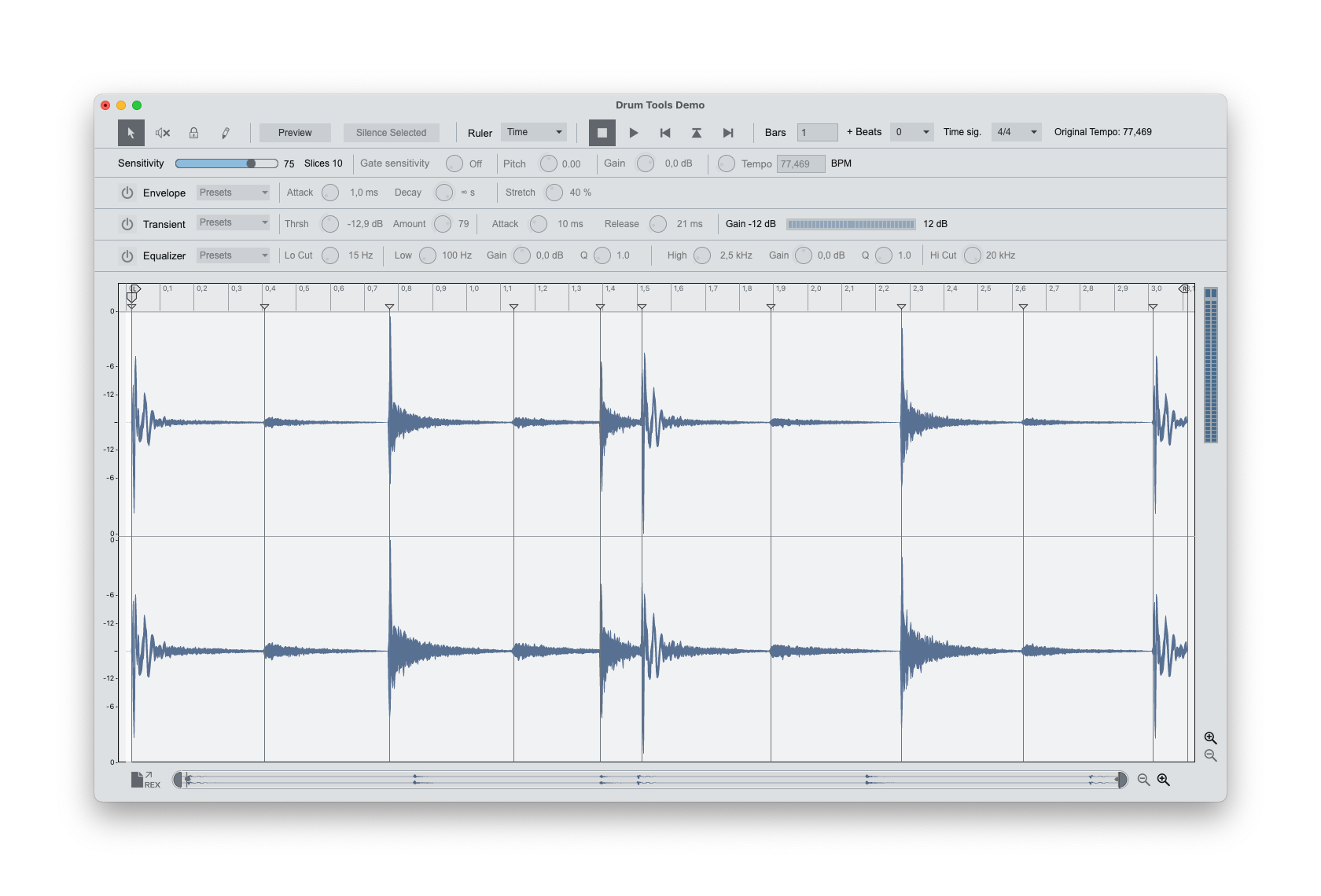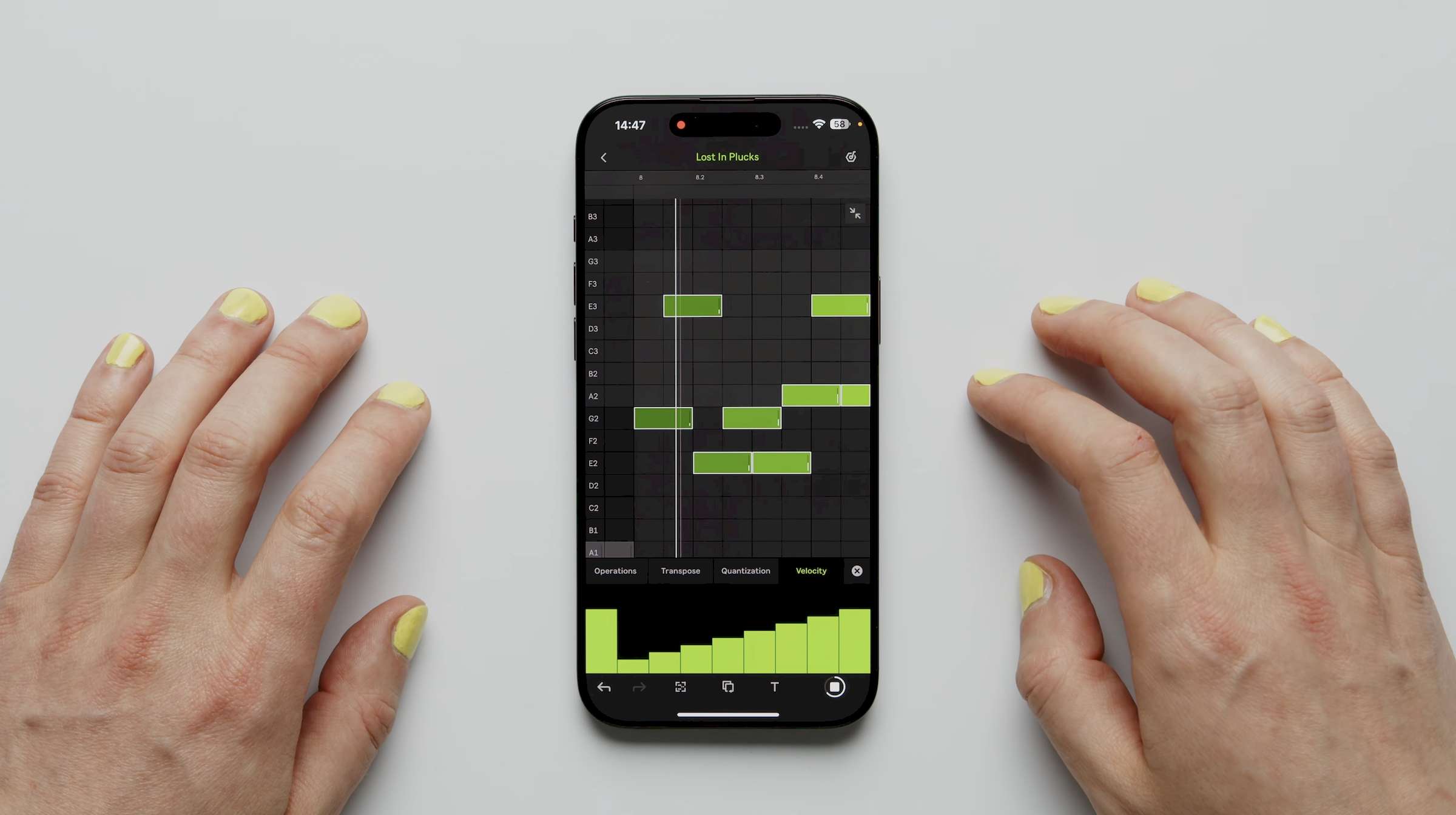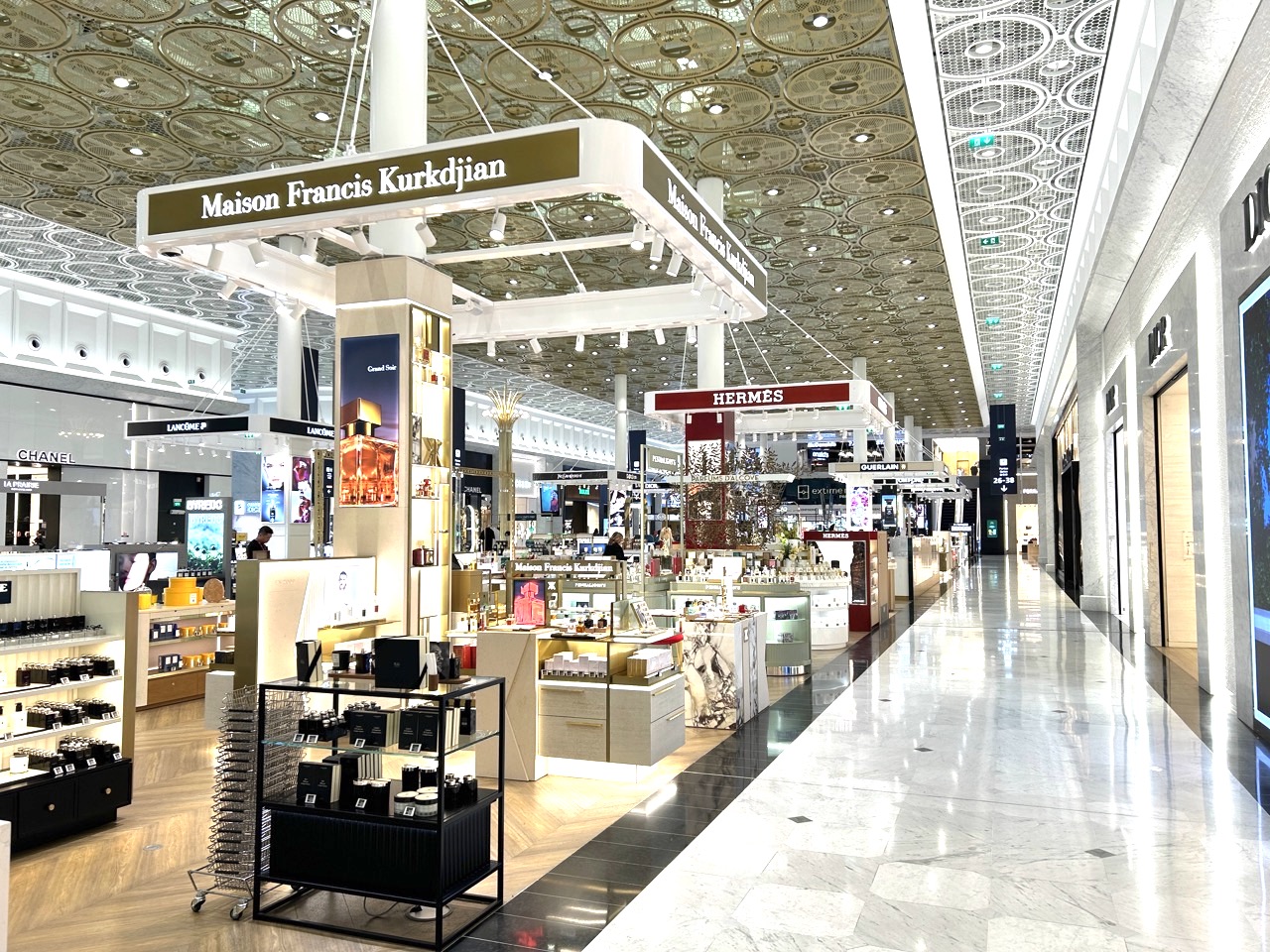Reinventing retail at Bengaluru Airport – Episode One of a new interview series with Airport Dimensions
The Moodie Davitt Report, in association with Airport Dimensions, has launched a new podcast & video series under the title ‘Explore the Experience Era’. In our first episode, we speak to Pravat Paikray, Vice President Commercial Development at Bangalore International Airport Ltd.
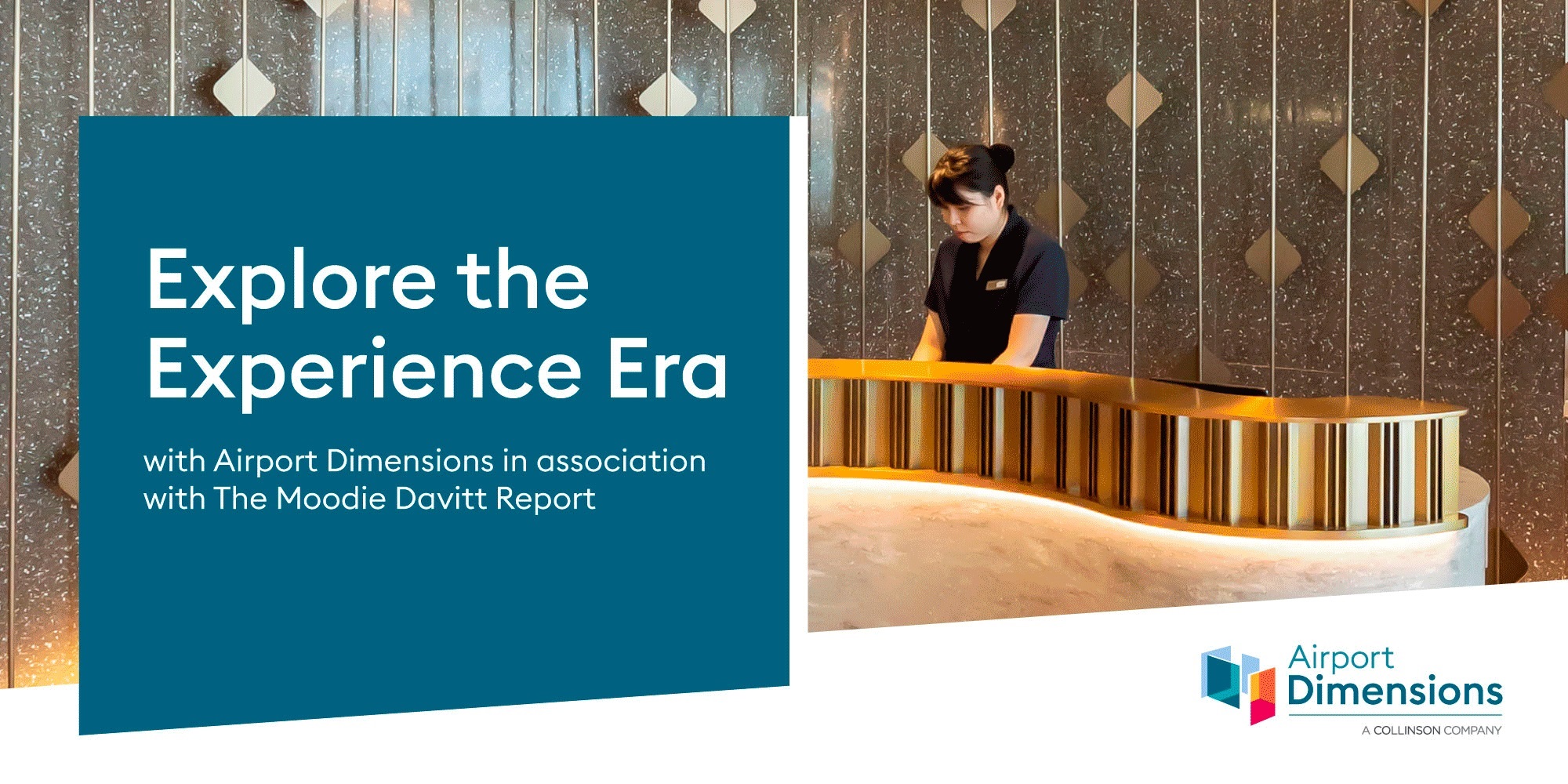
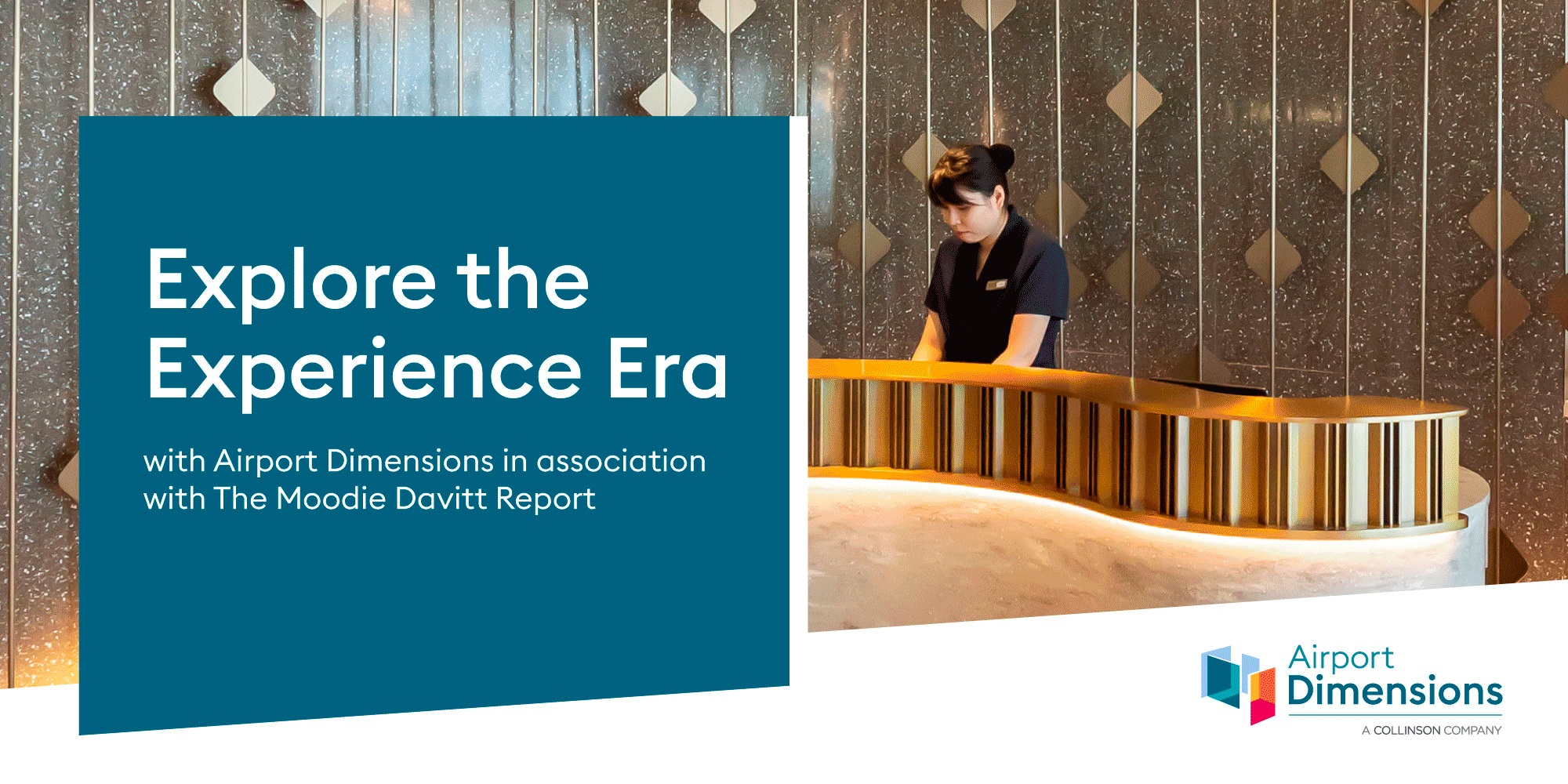
INTERNATIONAL. The Moodie Davitt Report, in association with Airport Dimensions, has launched a new video & podcast interview series under the title ‘Explore the Experience Era’.
The interviews span four episodes, in which we examine the future of the airport experience with insights from industry leaders who are shaping it.
The conversations are co-hosted by The Moodie Davitt Report President Dermot Davitt and Chris Gwilliam, Senior Vice President of Global Business Development at Airport Dimensions, global specialist in developing and operating airport experiences.
The interviews lean on key themes that arise in a study just released by Airport Dimensions on the dynamics that will drive the future traveller experience at airports. Click here for our initial story on that research.
The talking points in each episode are guided by sections of the research under the following themes: Overcoming the Space Squeeze, Prioritising Personalisation, Streamlining Digitalisation and Reinventing Retail.
Our guest in evaluating the role of retail in shaping the future of the traveller journey is Pravat Paikray, Vice President Commercial Development at Bangalore International Airport Ltd (BIAL), one of Asia Pacific’s most progressive and ambitious airport companies.
Click on the video above (or the podcast below) to access the first episode of our new series, Explore the Experience Era, featuring Bangalore International Airport Ltd Vice President Commercial Development Pravat Paikray in conversation with Airport Dimensions Senior Vice President of Global Business Development Chris Gwilliam and The Moodie Davitt Report President Dermot Davitt
Paikray said: “Travel retail is currently going through a transformation globally, with changing buying behaviour, passenger demographics, dwell time and many other factors. Airports are becoming destinations beyond transit.
“They are less about functional needs and more about the aspirational and emotional needs of the passengers, and building a connection to them.
“We need to give an authentic and compelling reason for passengers to spend their money. This is being done in many ways, whether through the brand environment or the retail design or the identity of the concepts or mapping the product offerings.
“Today every airport is trying to create a complete, unique, exclusive store identity. The store has to be an experience centre.”
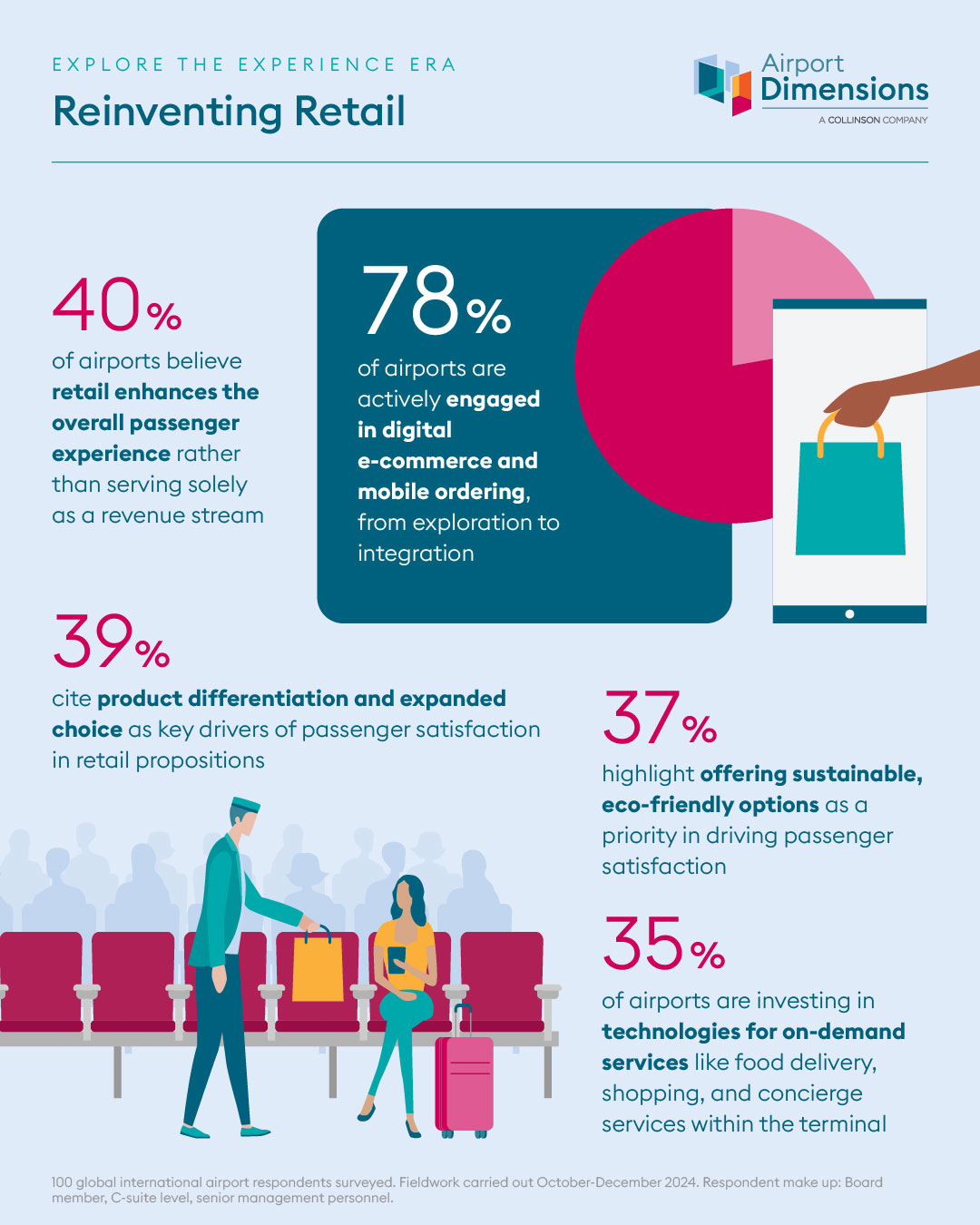
Paikray highlighted how layouts are changing in ways that are dramatically different compared to pre-COVID times for example. Integrated layout where retail and food & beverage overlap in the same space is a key element in space planning, with further planned expansion at Kempegowda International Airport Bengaluru featuring these elements prominently.
“What we see is food & beverage actually helping retail, by holding the flow of the traffic. The flow gets slowed down in that place where people stop, have a coffee, a Champagne or where there is a bar. And we see the retail in that zone also improving. So we are experimenting more in terms of creating that integrated layout.
“That integration also means including retail options inside F&B to encourage impulse buying. Whether it’s gifting solutions or packaged food, when people are checking out from the restaurant, or even waiting for the food to arrive, they are checking out these products as well. We will do more of this integration.”
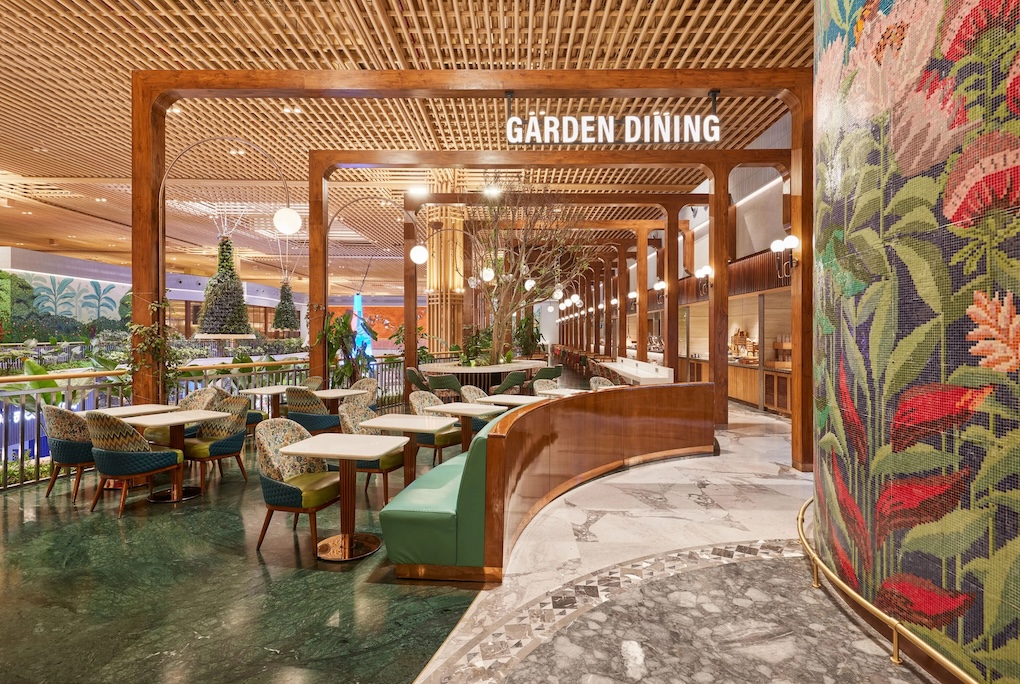
Elaborating on how BIAL is planning ahead – following the completion of the acclaimed Terminal 2 last year – Paikray said the context is an airport that is heading for 100 million passengers a year by around 2035. “We are planning for the next phase of Terminal 2 in 2029 and are on the cusp of a massive transformation.
“We are coming with a different approach in terms of the whole space planning. We are thinking of this like a theme park.
“The strategy, the layout, the flow is all about experience design. We are transforming the commercial zones into experience zones that tell a story, encouraging exploration and spending.
“Story first and commerce second. That’s the approach we are taking to every corner of our terminal in terms of the retail experience design.
“The focus is on the guest. We refer not to our passengers but to our guests. Customers come on their own, but guests you invite. So we are saying our passengers should be our guests. Likewise we are not employees, but we should act as hosts in this guest focused strategy.”
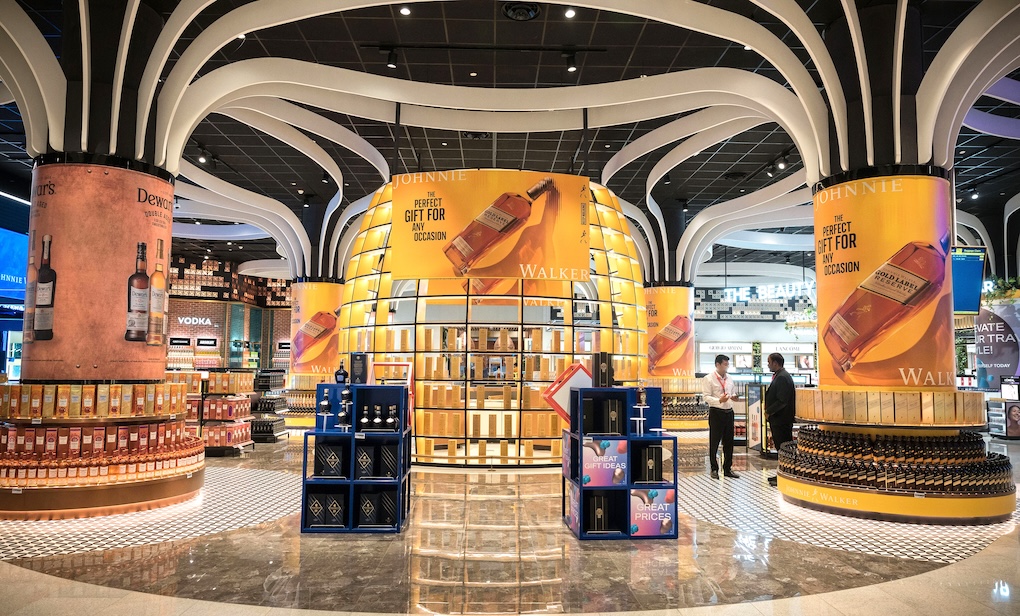
Asked how BIAL is addressing the needs of a new generation of travellers and consumers, Paikray said this remained complex and challenging. “Before you had a new generation coming up every 10-15 years; today’s it’s as if we have a new generation every year, with each one completely different in their values and behaviour as well as their demographics.
“One thing we are doing is making our programme quite flexible because the market is so dynamic and changing so fast. We know that in terms of buying behaviour, Gen Z and Gen Alpha discover a lot online but 60-70% of them still prefer to shop in-store. Physical stores validate the authenticity of the product and the product quality.
“They are attracted to retail spaces but to interactive retail spaces, with gamification and digital interaction. It’s not about just product. It’s about connections, storytelling and values. That’s why we need to build experience centres, we need to craft experiences, we need to nurture communities and we need to champion sustainability.”
Assessing where BIAL is on the journey to creating a digital marketplace to complement the physical environment, Paikray saluted the development of BLR Pulse as a “one-stop customer-facing solution where multiple digital platforms are seamlessly integrated” allowing a unified passenger experience from car parking to lounge to duty-free or F&B outlet, complemented by a unified payment gateway. In F&B, the airport company is offering the option to pre-book meal times click & collect for takeaway or even have gate delivery. In duty free, pre-order online is a further option via the Pulse system.
“Rewards are a key element in this, so you can earn and burn points for your activity. With Bangalore positioned as the Silicon Valley of India we are seeing this eco-system adopted early and widely today.”

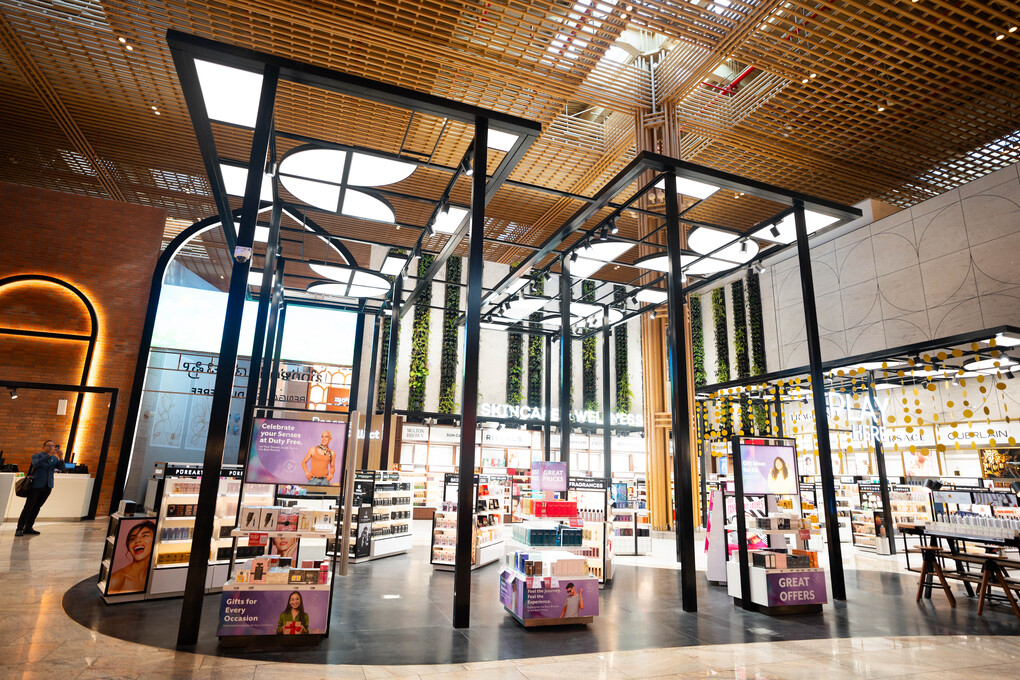
Looking ahead to how digital development including AI will influence our sector, Paikray highlighted areas such as live shopping, social commerce and the merging of entertainment and commerce. He also noted how Bangalore’s importance in the technology world means the airport also plays a role as a centre for innovation and “creative disruption” – with biometric boarding solutions a prime example.
In retail terms, trialling self-checkout is another innovation under testing while BIAL is also testing a tech-led proposition to help travellers avoid the often long queues at airport lounges in India.
“We take these ideas to the market via our Innovation Lab and then roll them out,” said Paikray. “We collaborate with a lot of start-ups in the city, we throw our problems to them and they try to come up with solutions. We give them the platform to showcase the product, and if successfully implemented, it can become a national initiative.”
Paikray also summed an element at the heart of BIAL’s ethos: sustainability. “Our sustainability vision is very clear – it is to touch lives by nurturing a sustainable future through initiatives that drive economic, social and environmental transformation”. The six pillars include water stewardship, the drive for net zero carbon emissions, community-aligned noise management, the circular economy, sustainable procurement and sustainable mobility.
The new Terminal 2 is LEED Platinum-certified, the highest rating in the LEED certification scheme for buildings in terms of how they meet ESG standards. BIAL has also gone to the next level in its commercial stipulations, including reuse and recycle clauses for building materials.
“We encourage the brands, and the concessionaires, to use refurbished furniture and equipment. We are also upcycling across our airport. We have open one restaurant created from a discarded aerobridge. So sustainable practices are being used in every part of Bangalore Airport.”
A related project is to encourage partners to include a greater range of sustainable products in the stores, while also urging shoppers to buy these items.
“We have come up with a green points scheme. There are certain products which we classify as green and these go through a proper audit process. And if customers are buying those products, they receive green points, which can be used as rewards.
“While encouraging those partners to get into this more sustainable product and more sustainable operation practices, they can get green points as well, which they can redeem under their commercial terms. So from a partner point of view, if you are more sustainable, your commercial terms can be improved based on the points that you earn.” 
*Watch out for further episodes in the Explore the Experience Era series, coming soon.




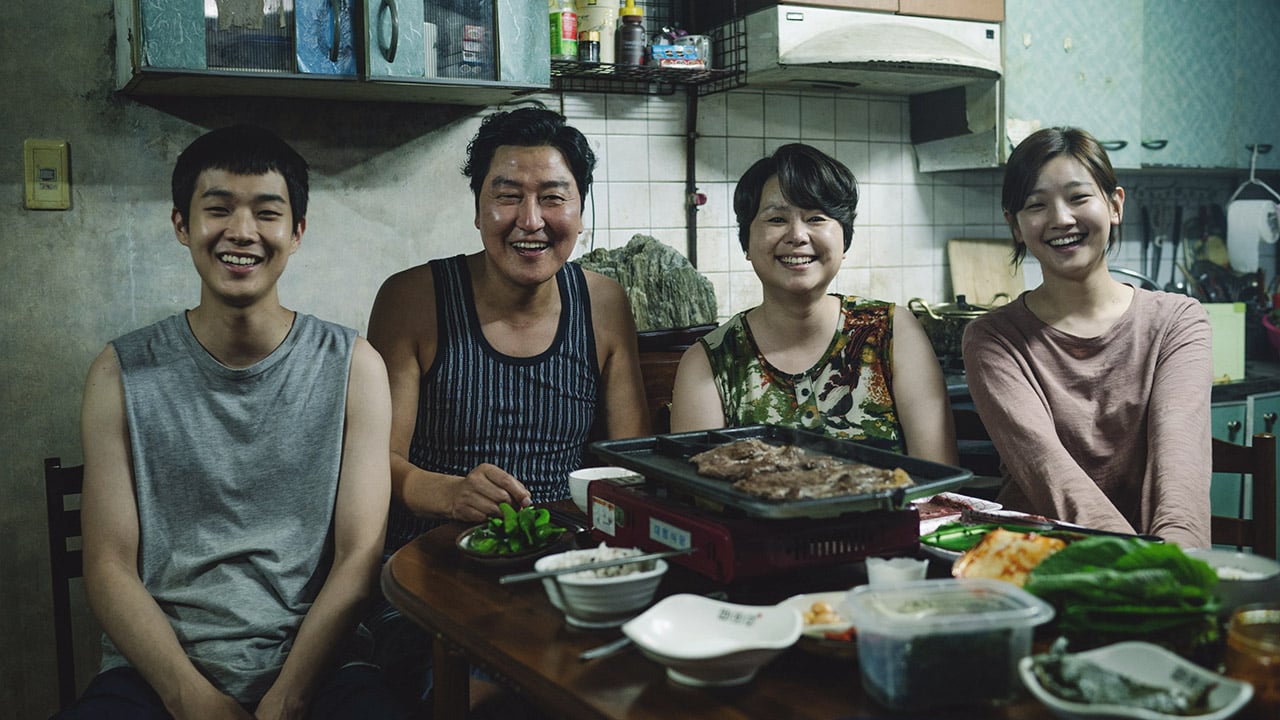
















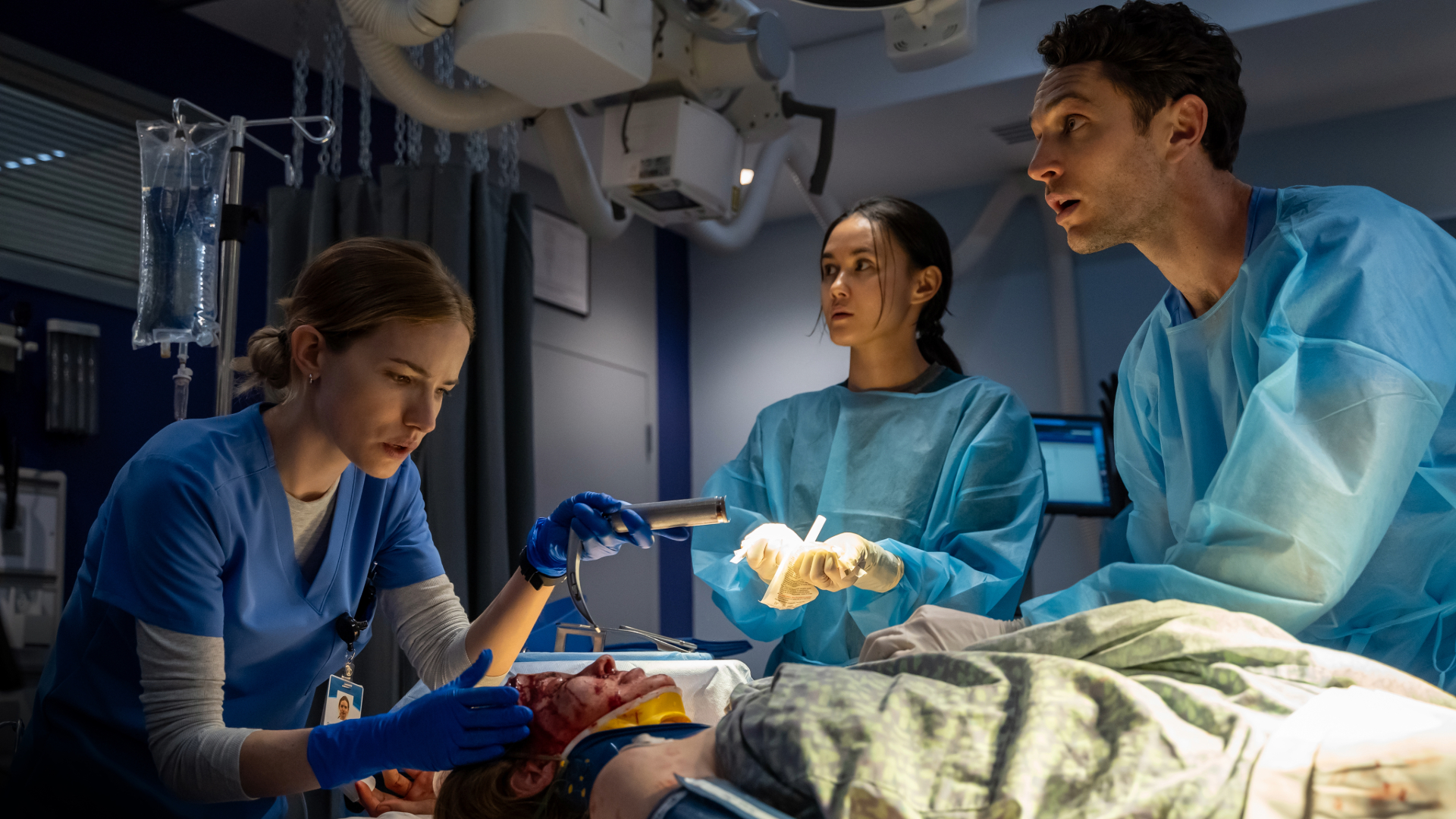













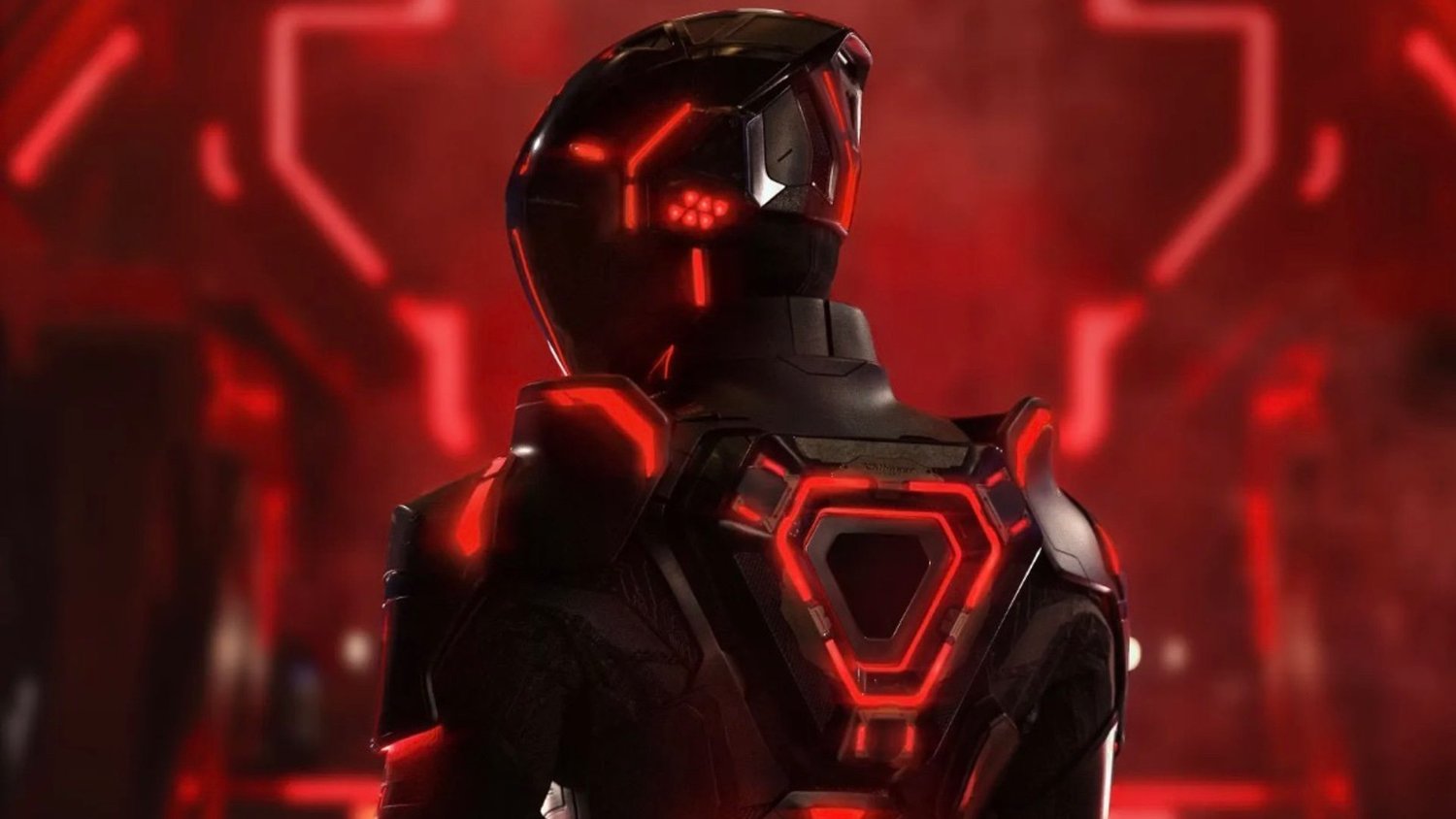




































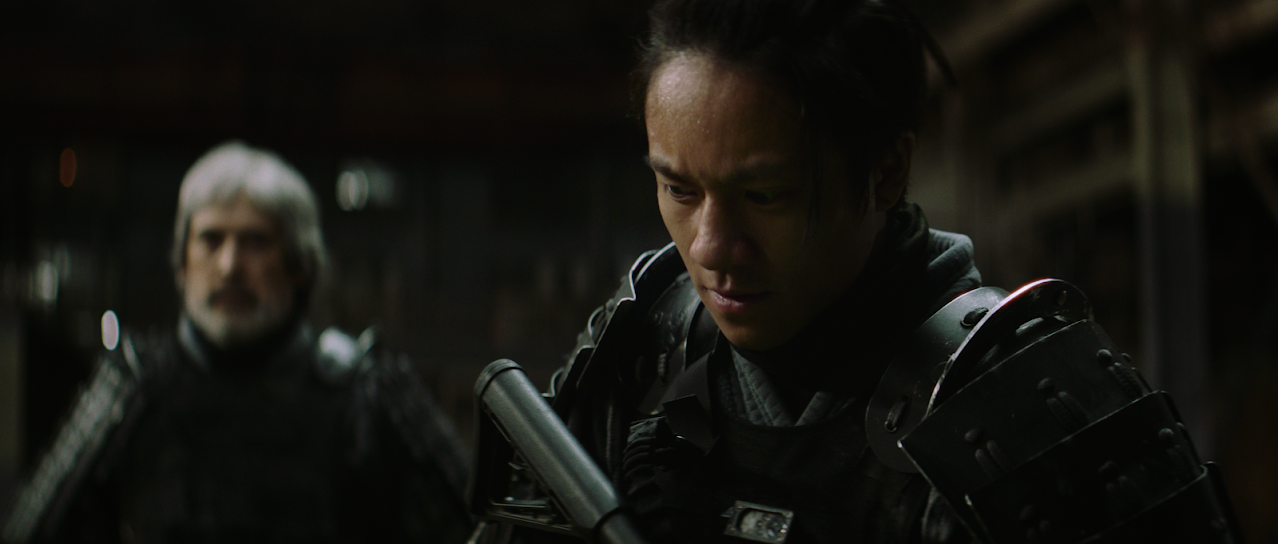




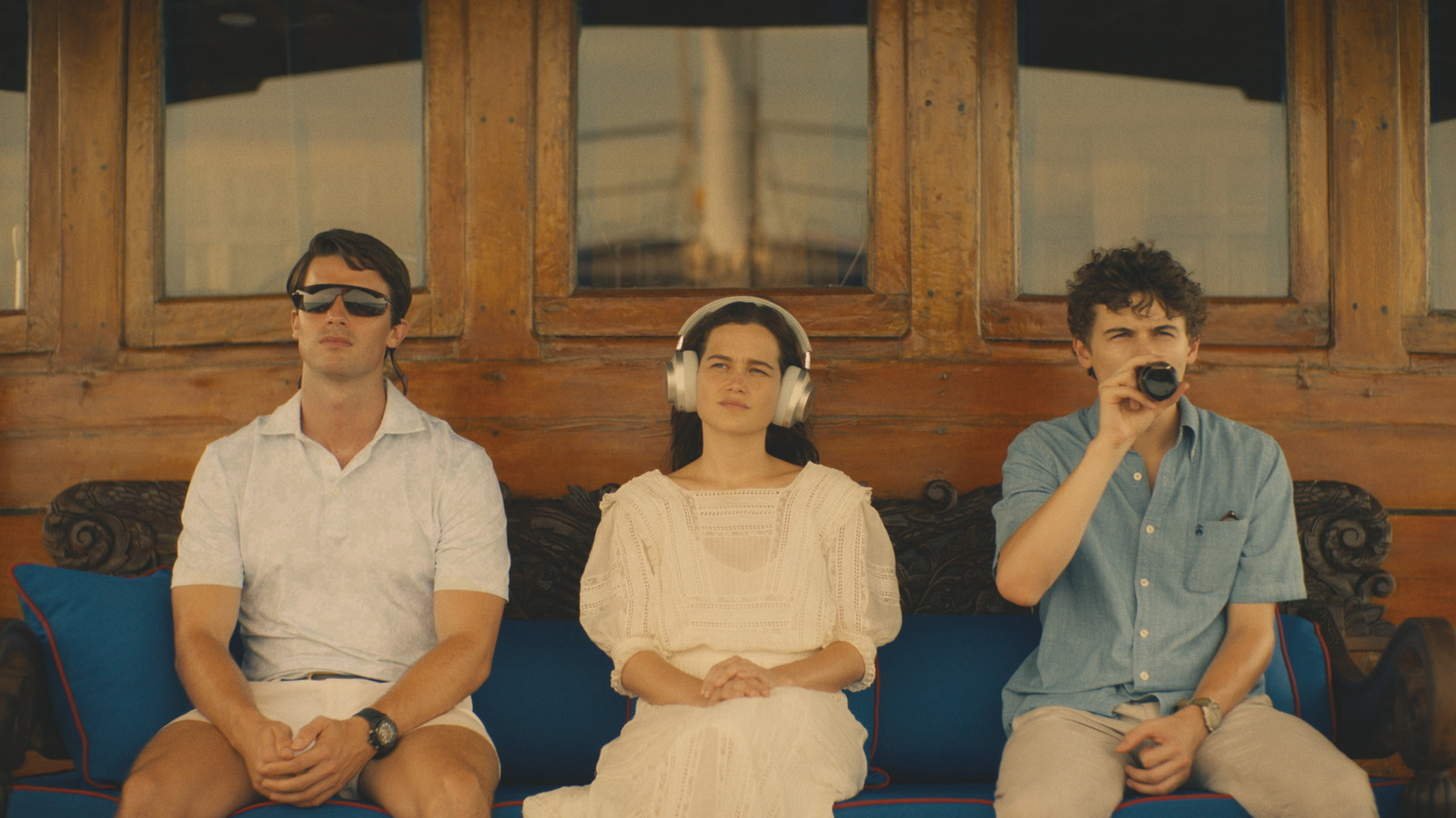









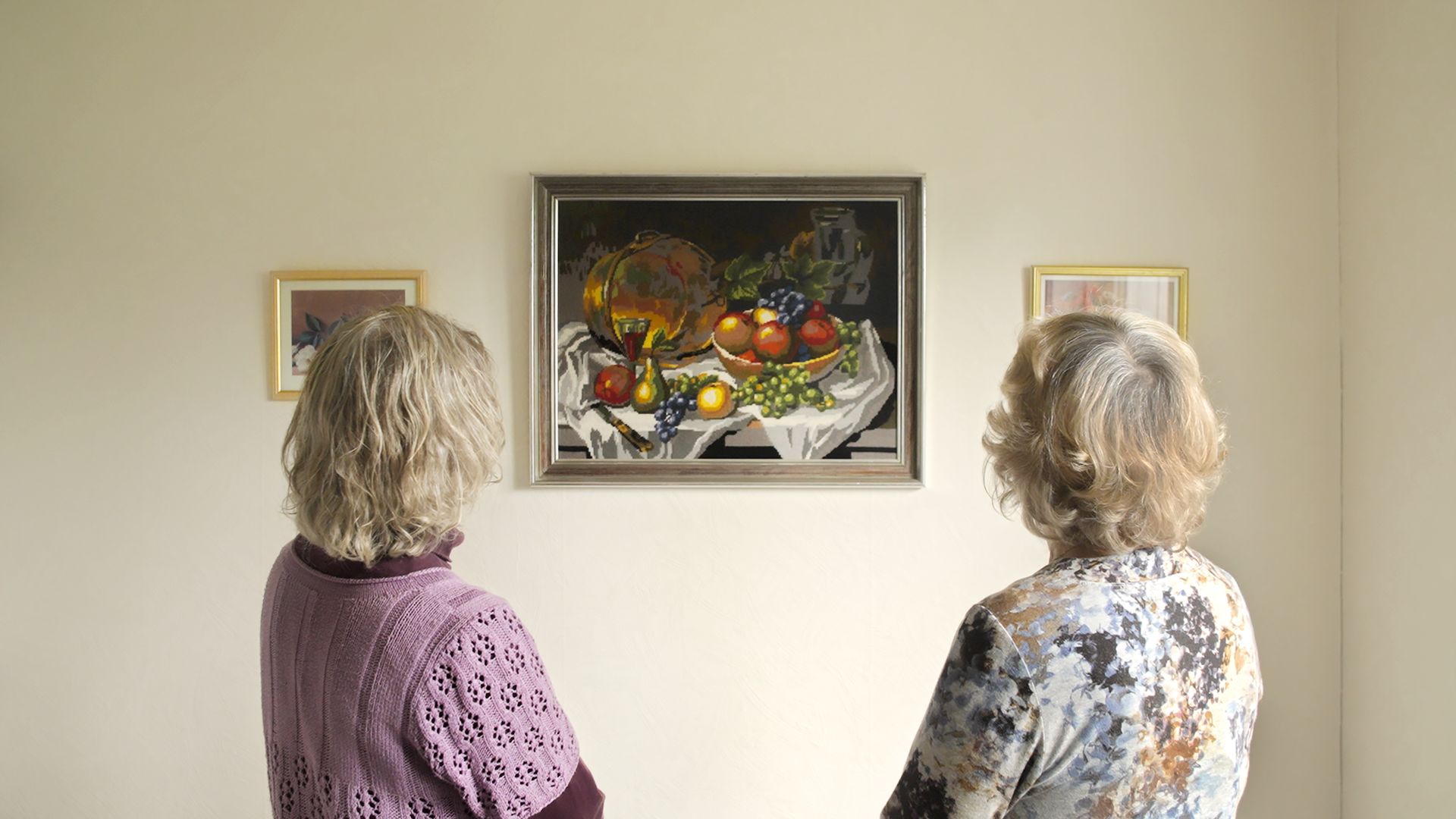




![‘Fantastic Four: The First Steps,’ ‘Thunderbolts,’ ‘Tron: Aries,’ Top Walt Disney Studios Previews [CinemaCon]](https://cdn.theplaylist.net/wp-content/uploads/2025/04/03215859/FantasticFourSS.jpg)
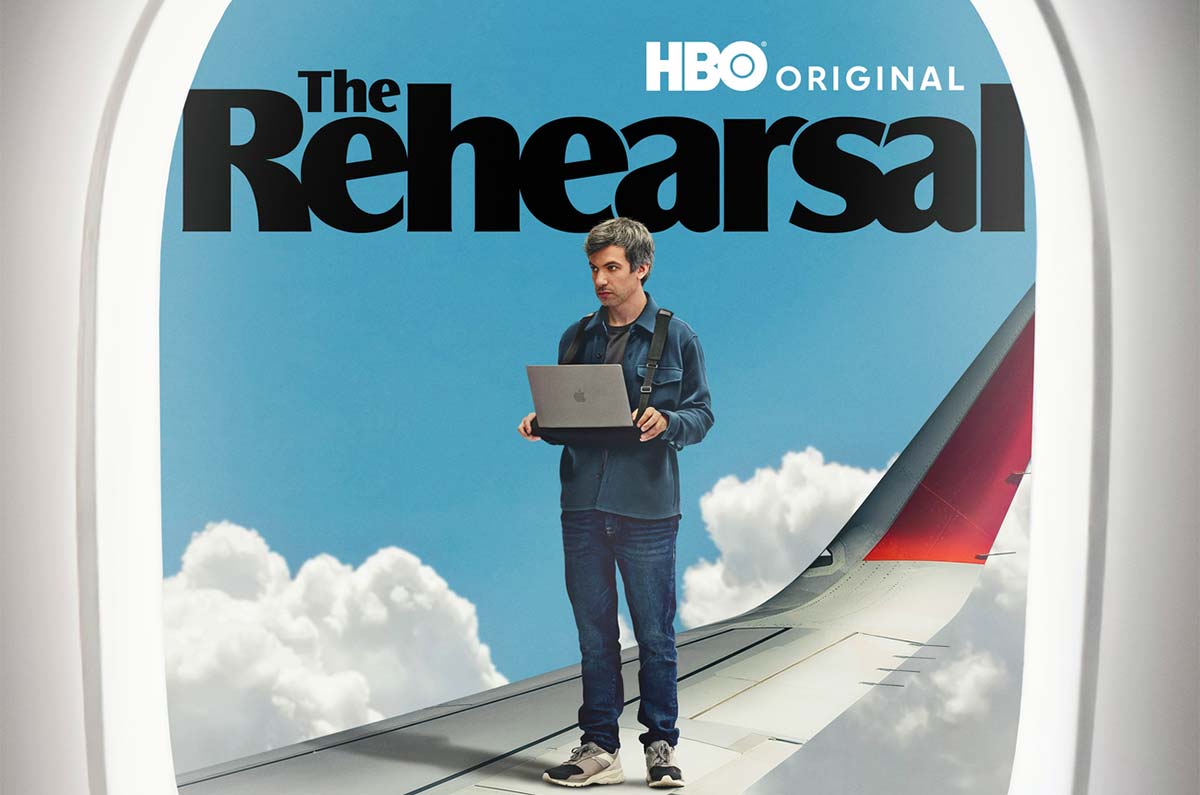














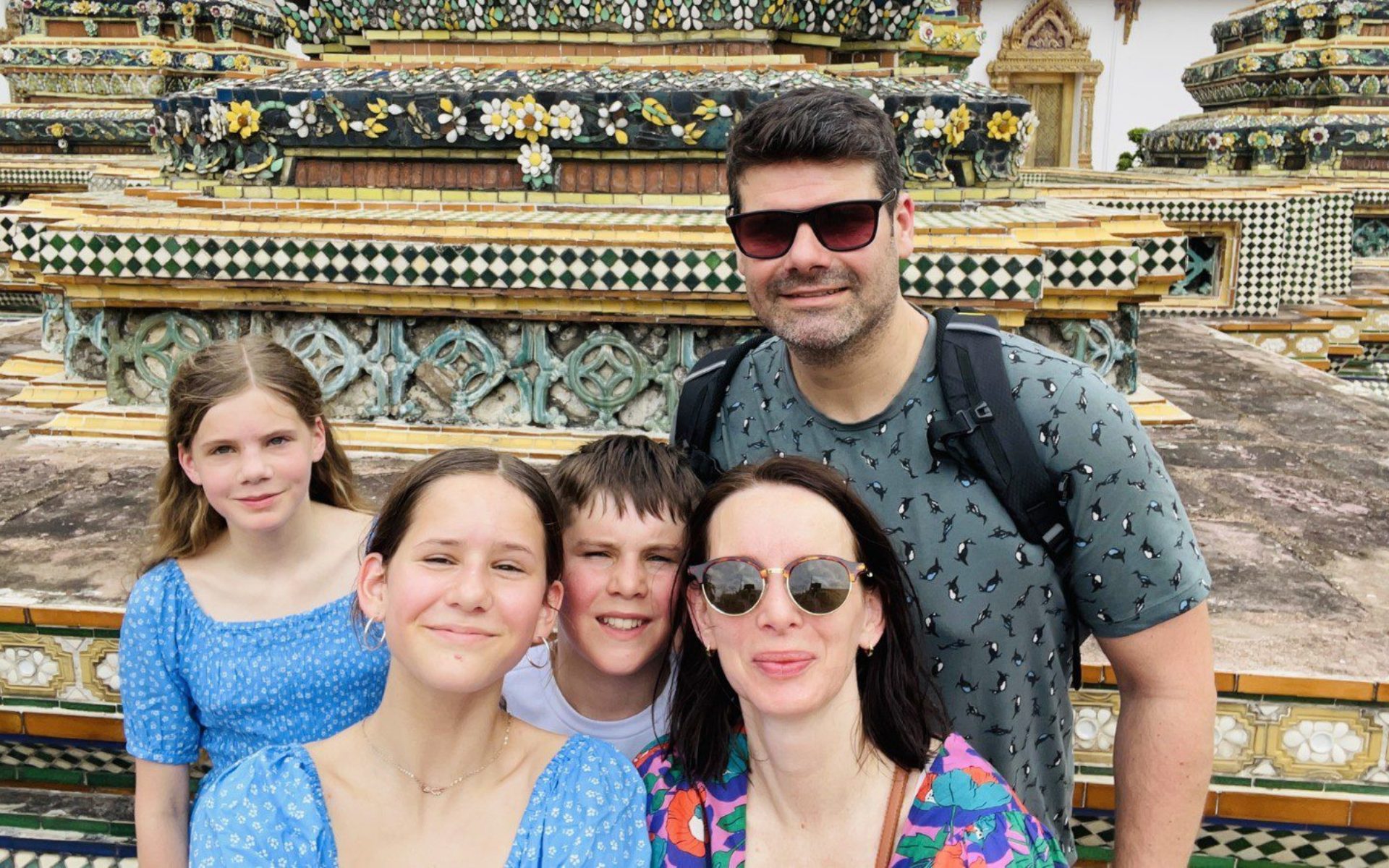







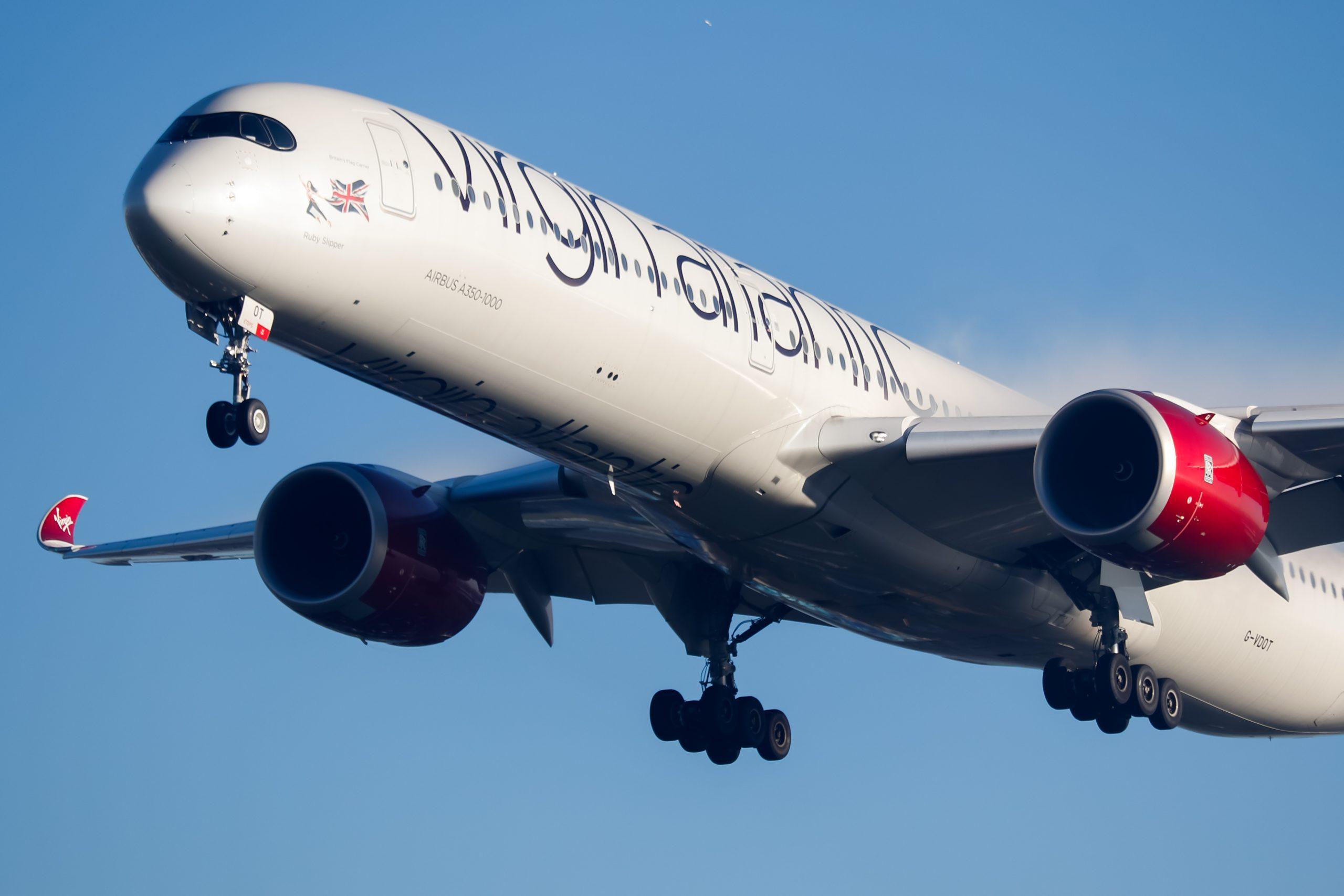
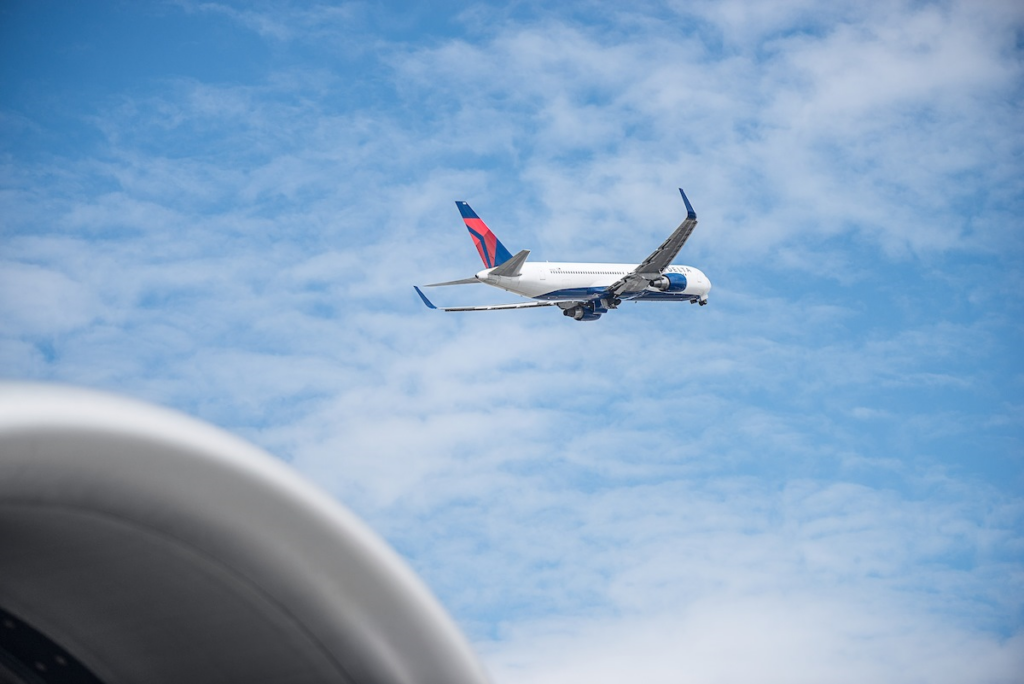






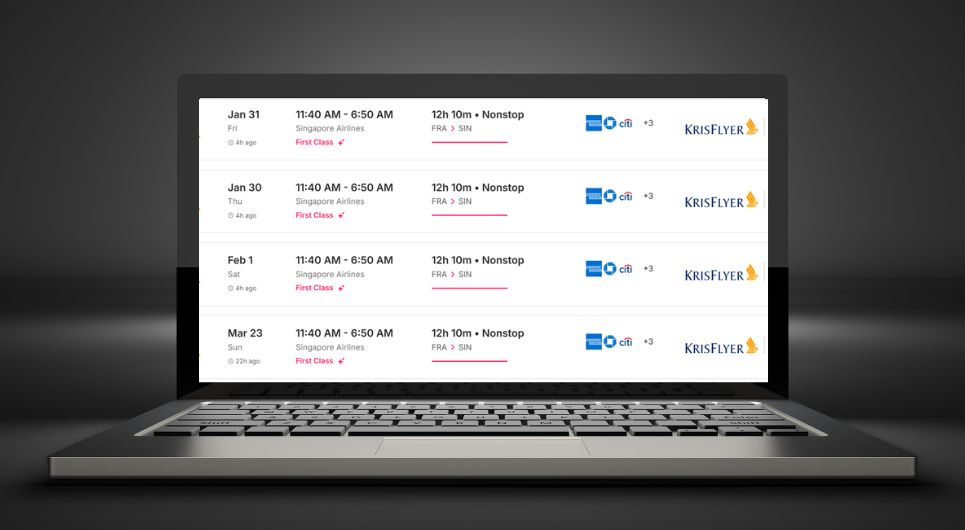

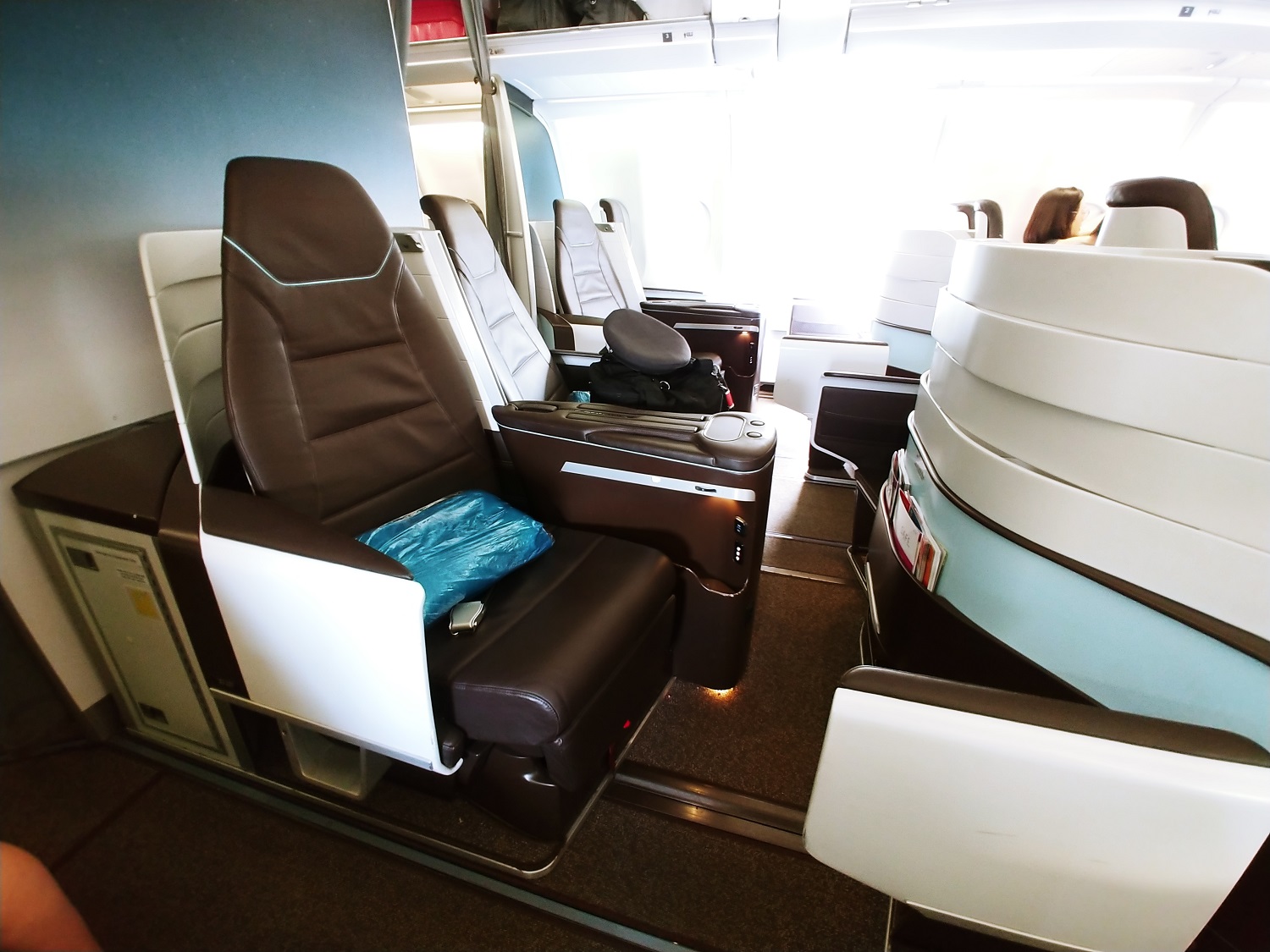





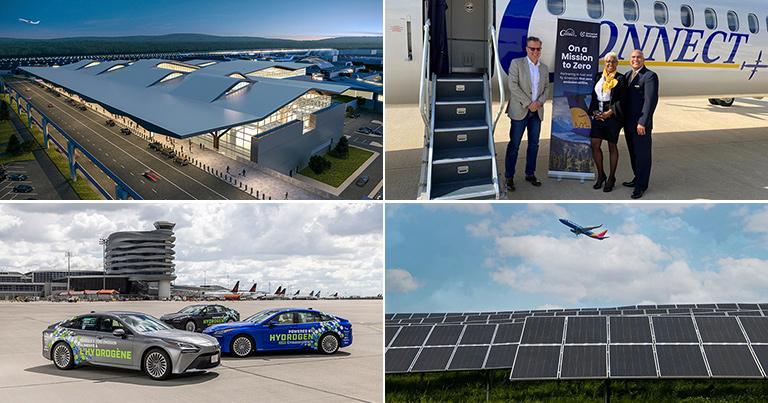
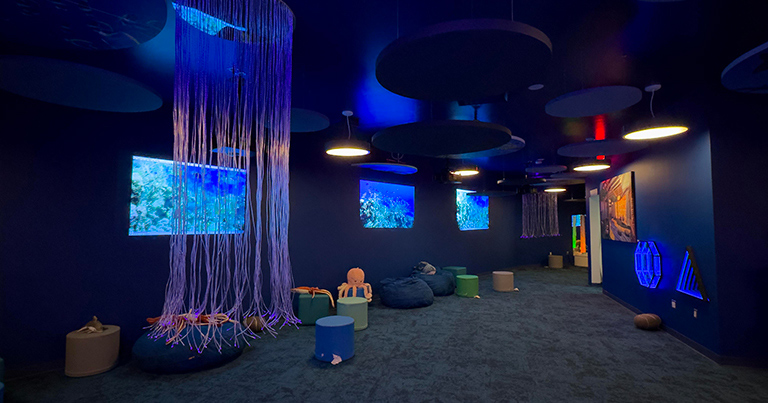
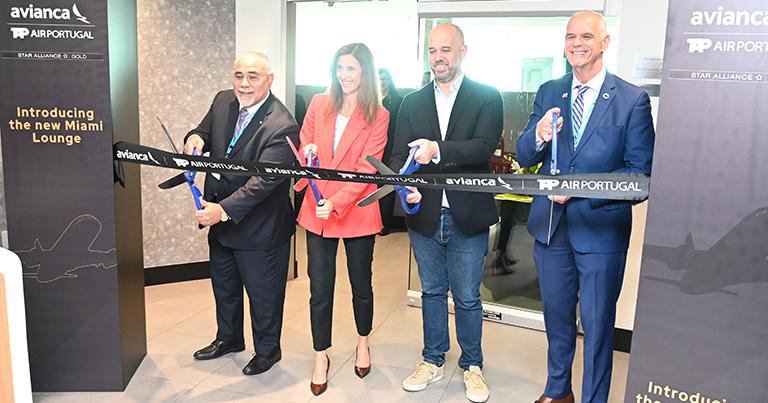
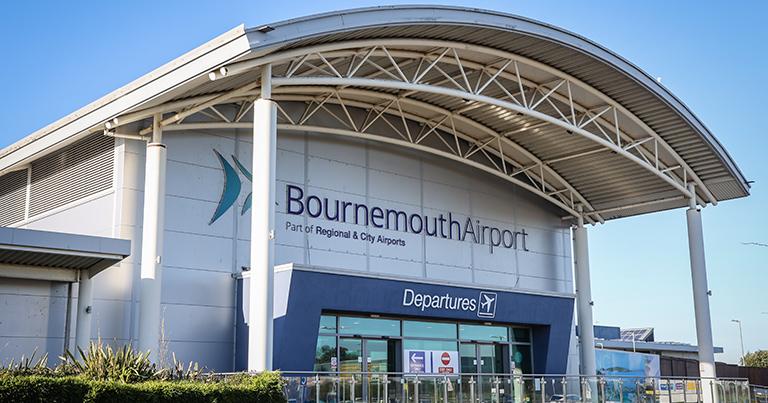

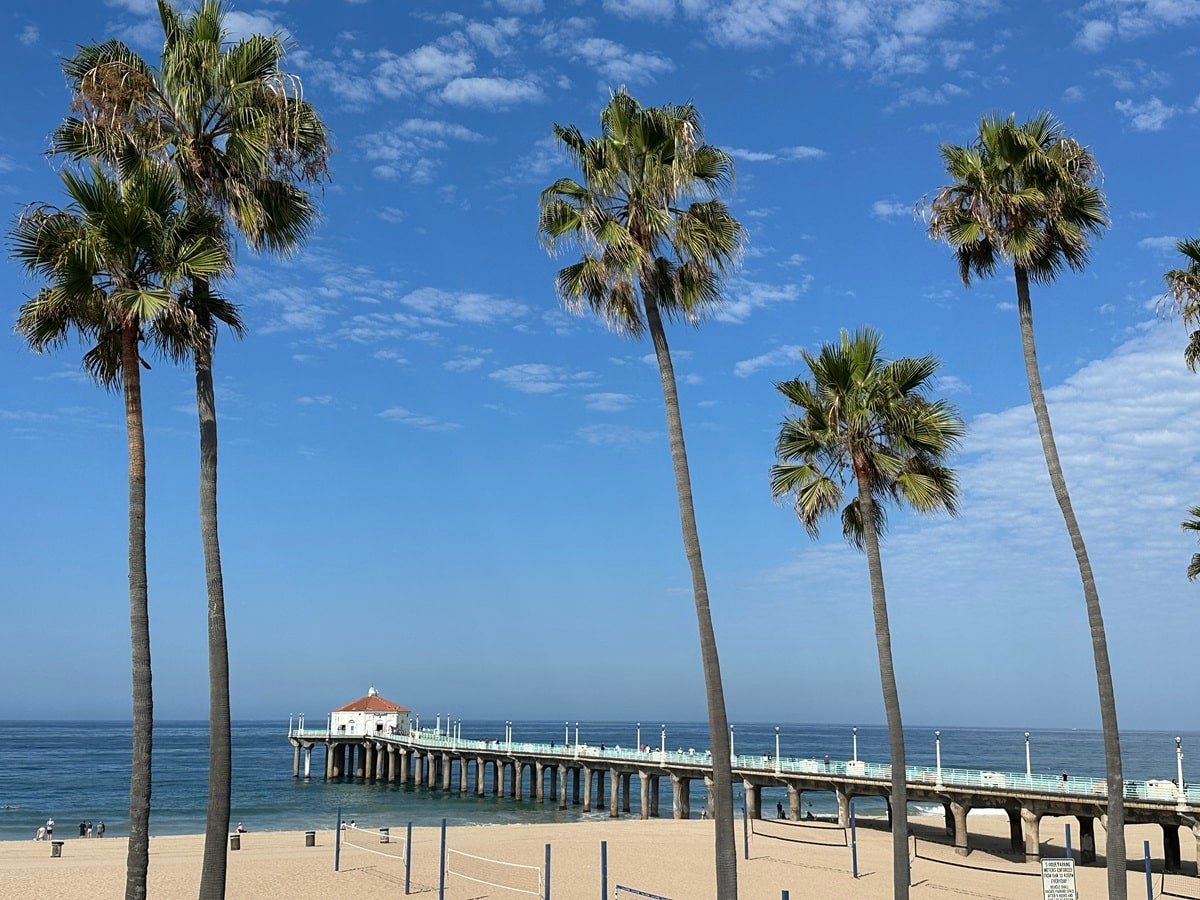

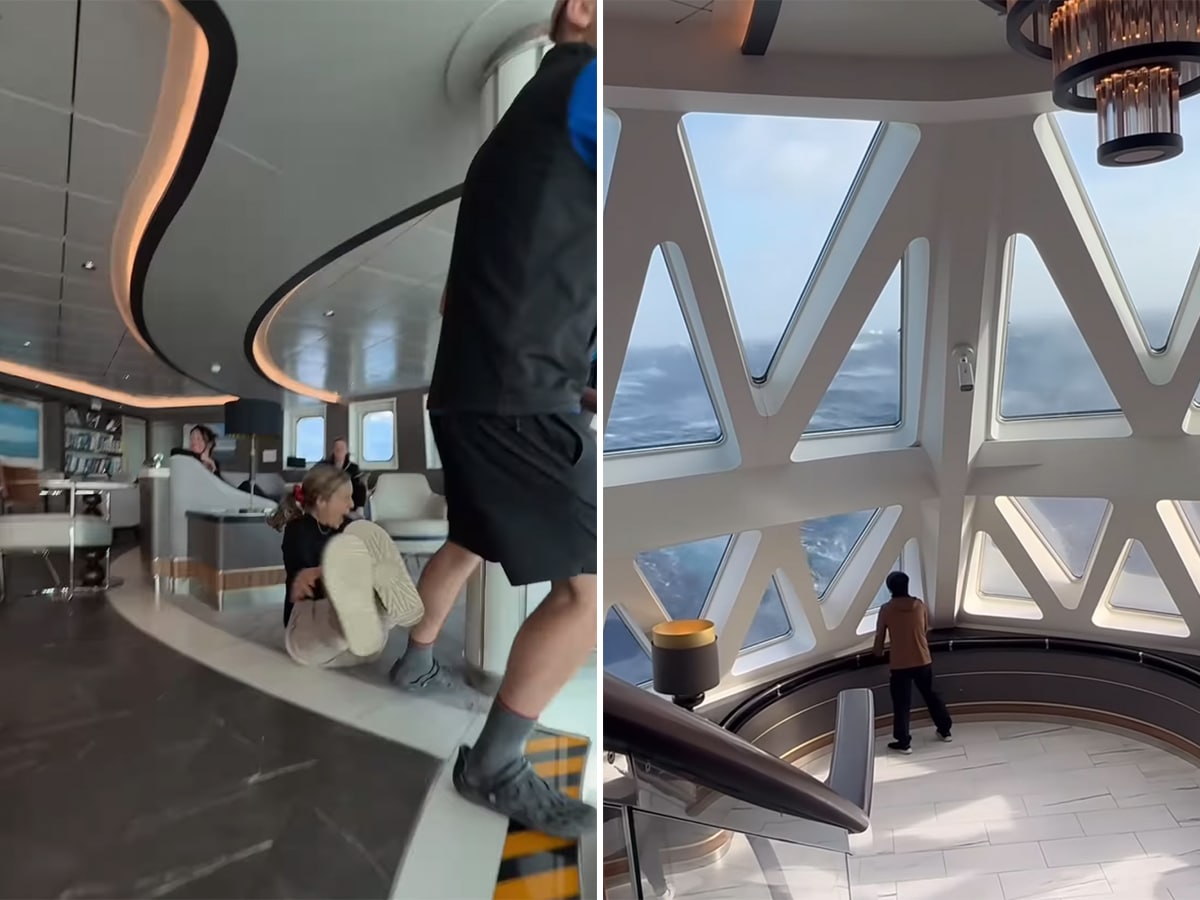



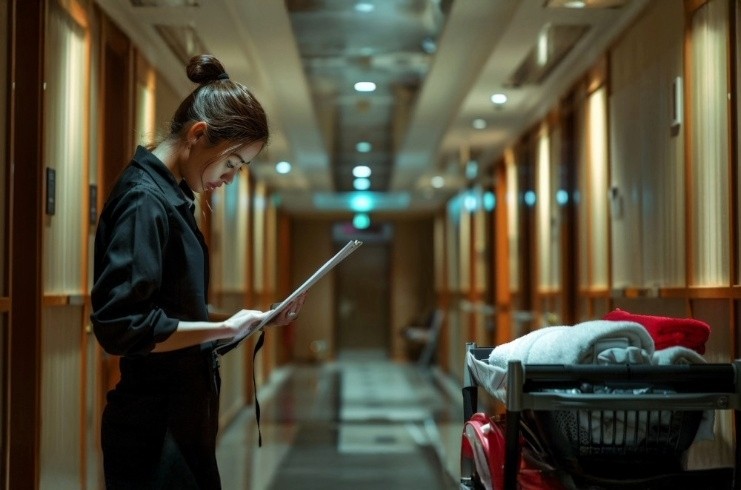
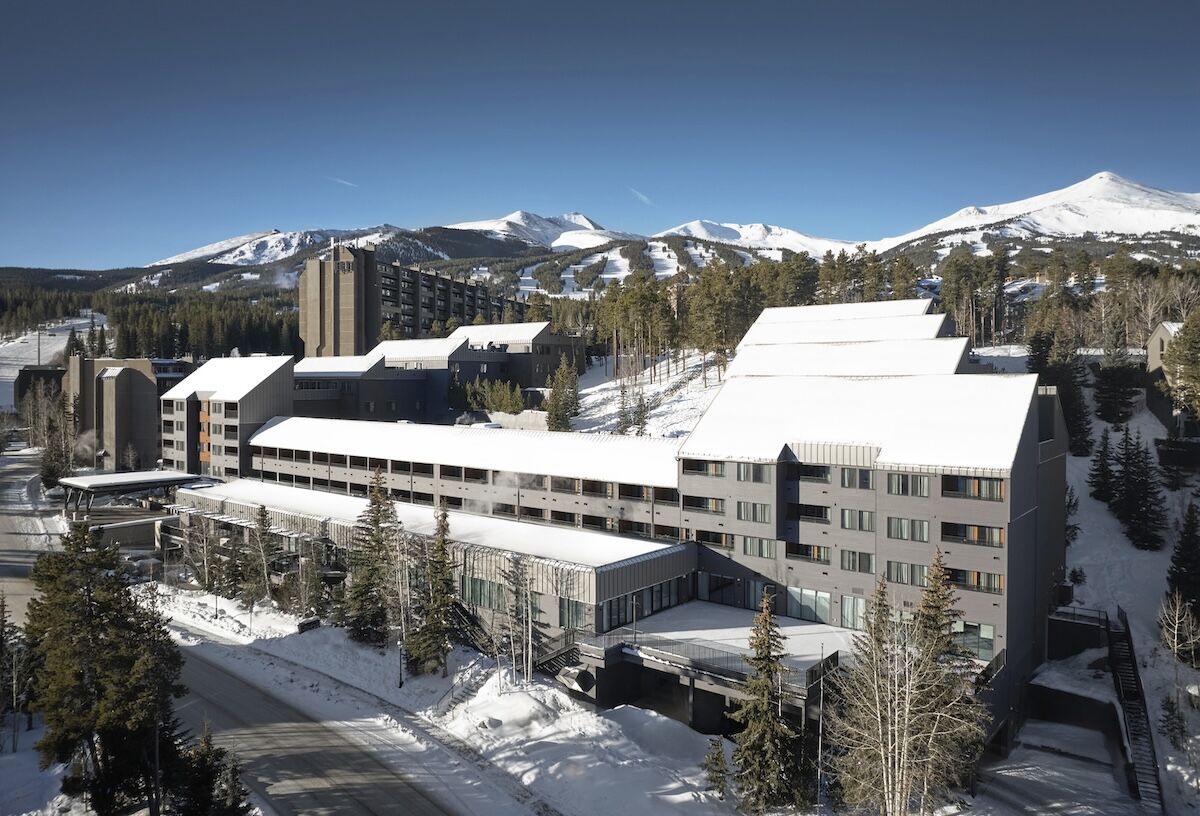


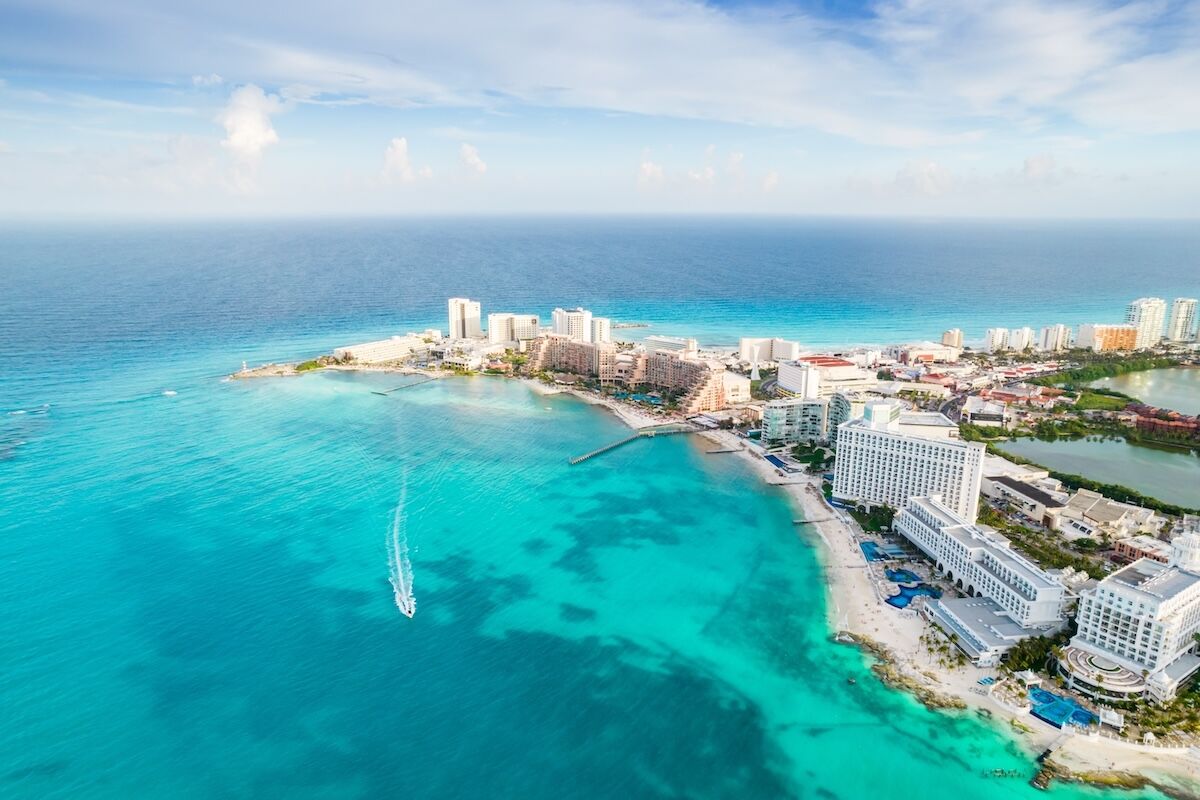





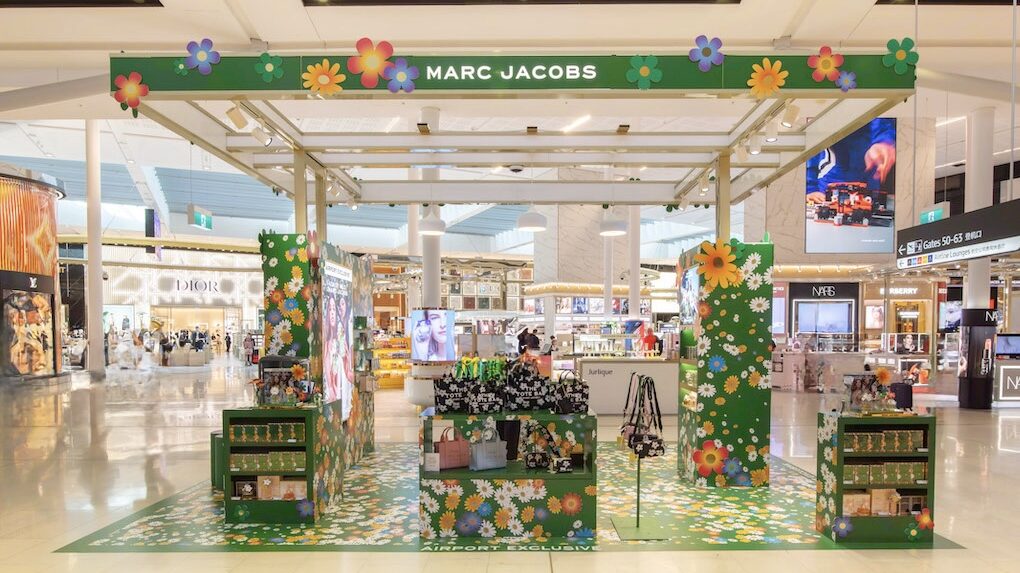

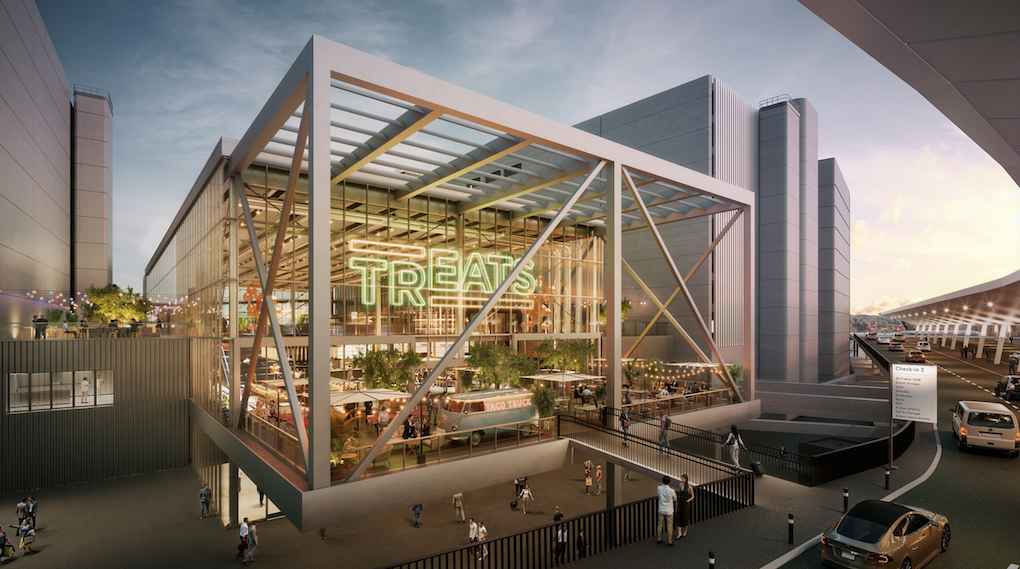



















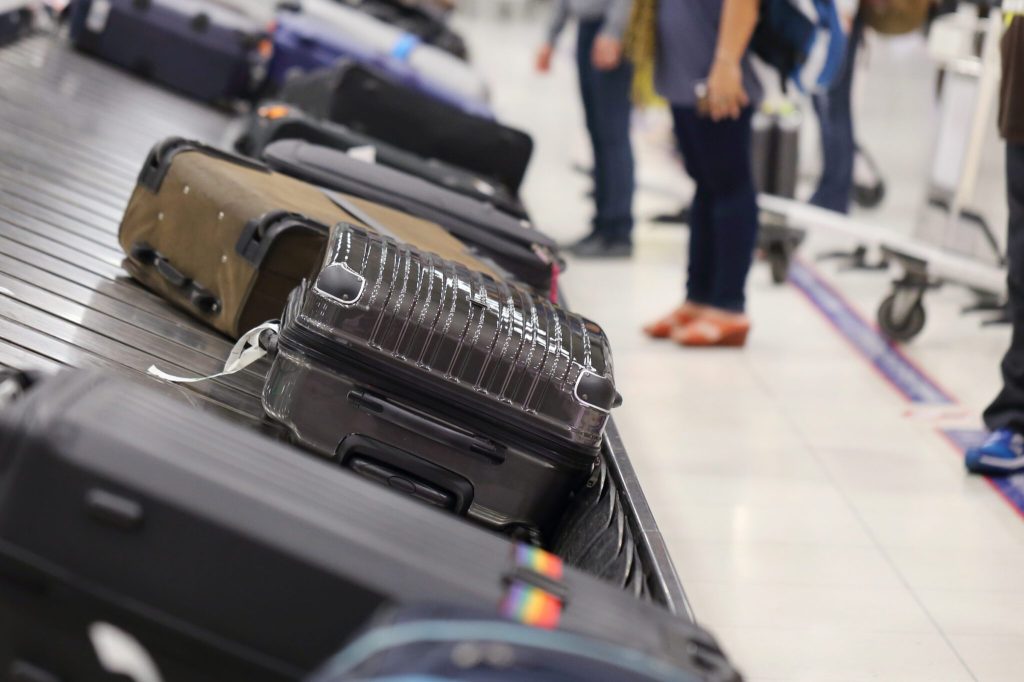


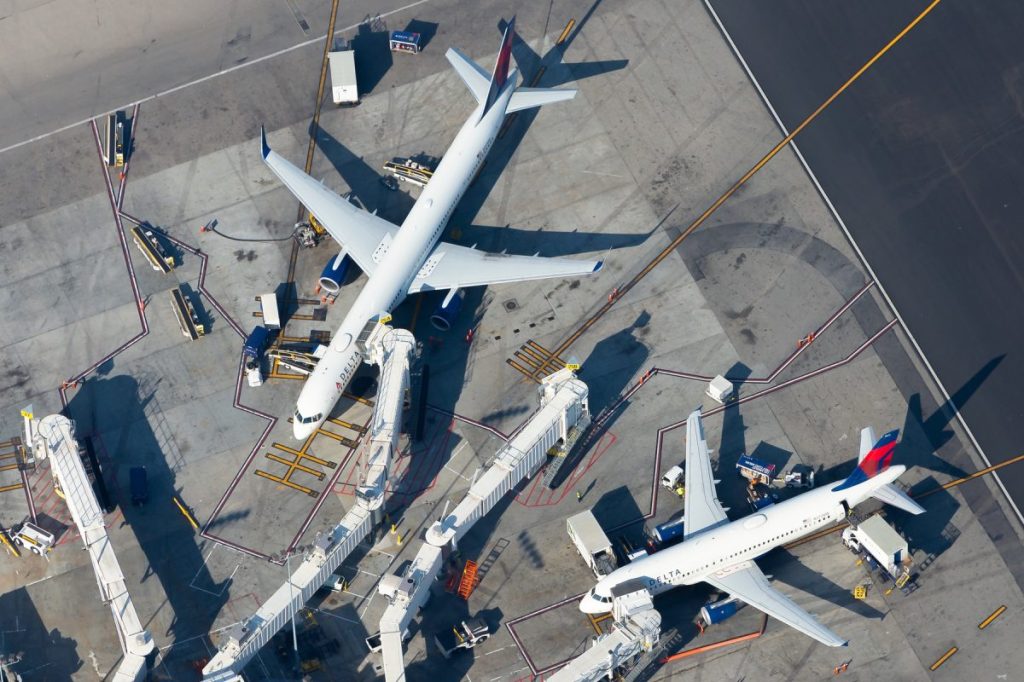





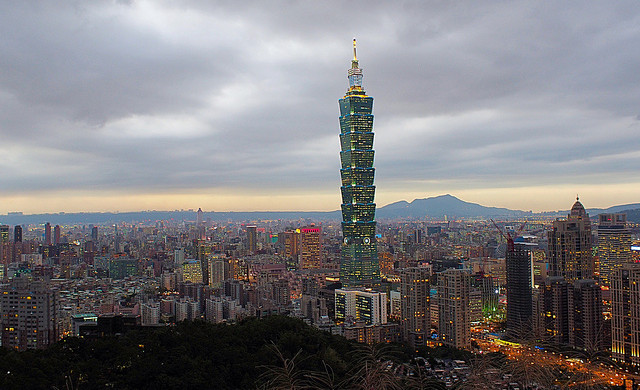
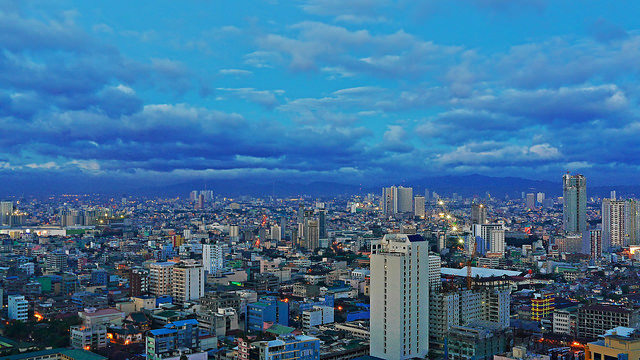














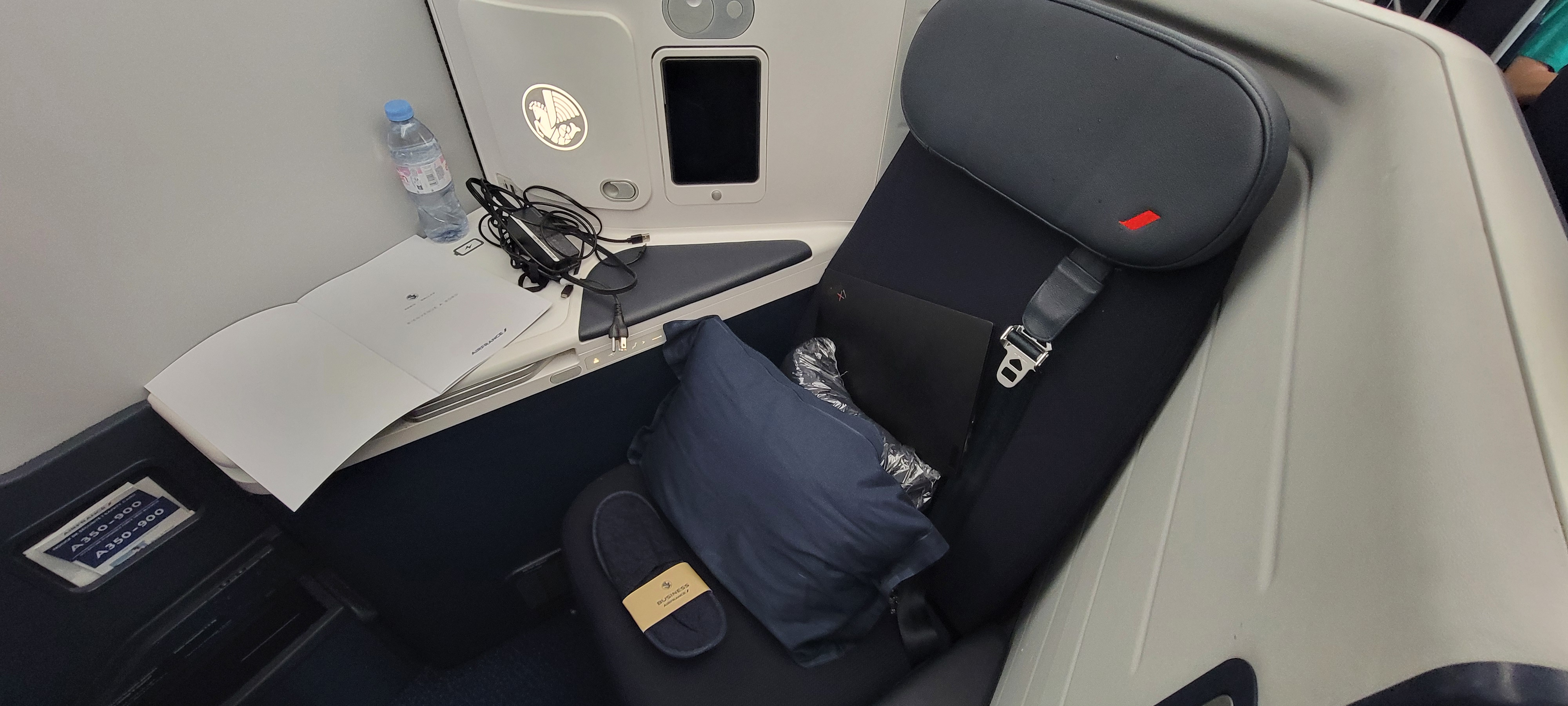
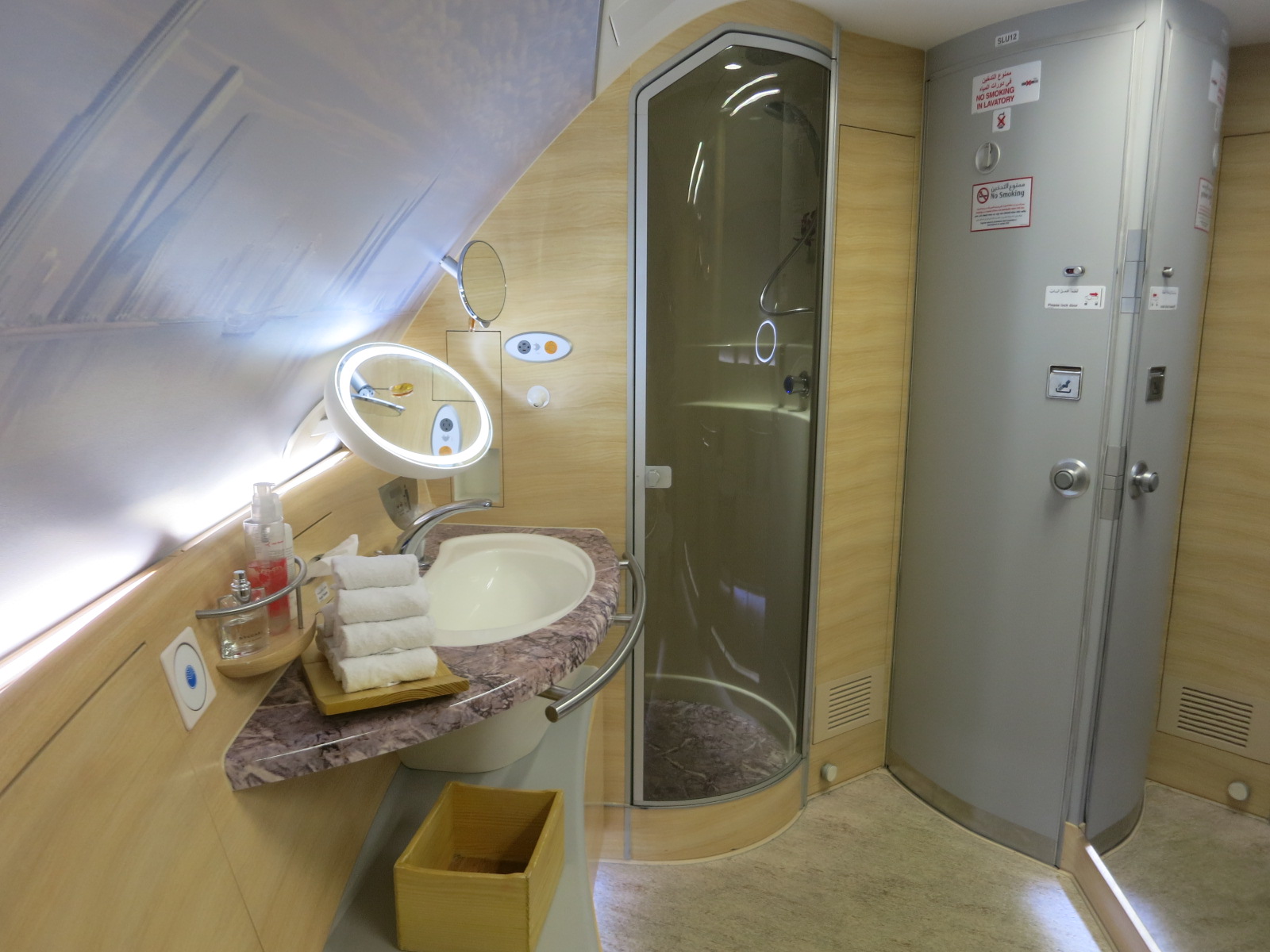
![Naming Your Baby? That Choice Could Haunt Them On Every Airline Upgrade List [Roundup]](https://viewfromthewing.com/wp-content/uploads/2025/04/upgrade-list.webp?#)







































































































